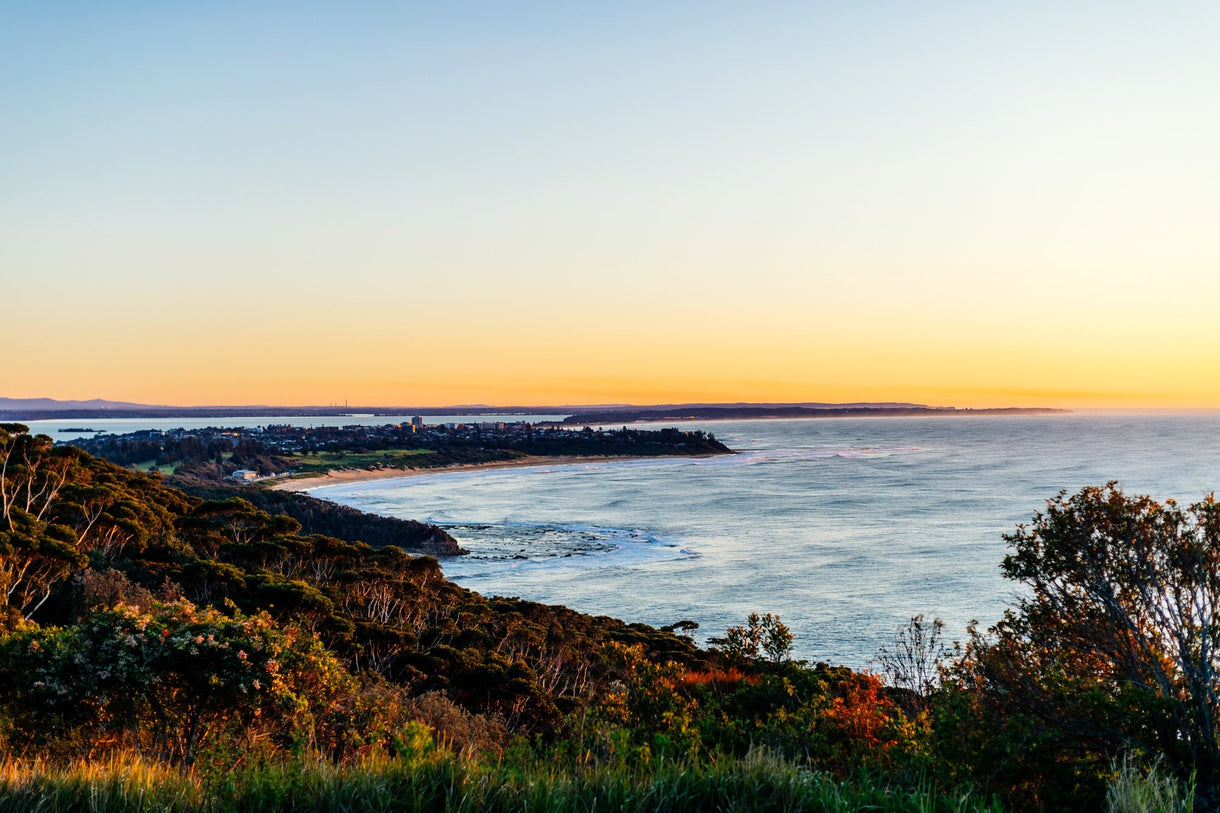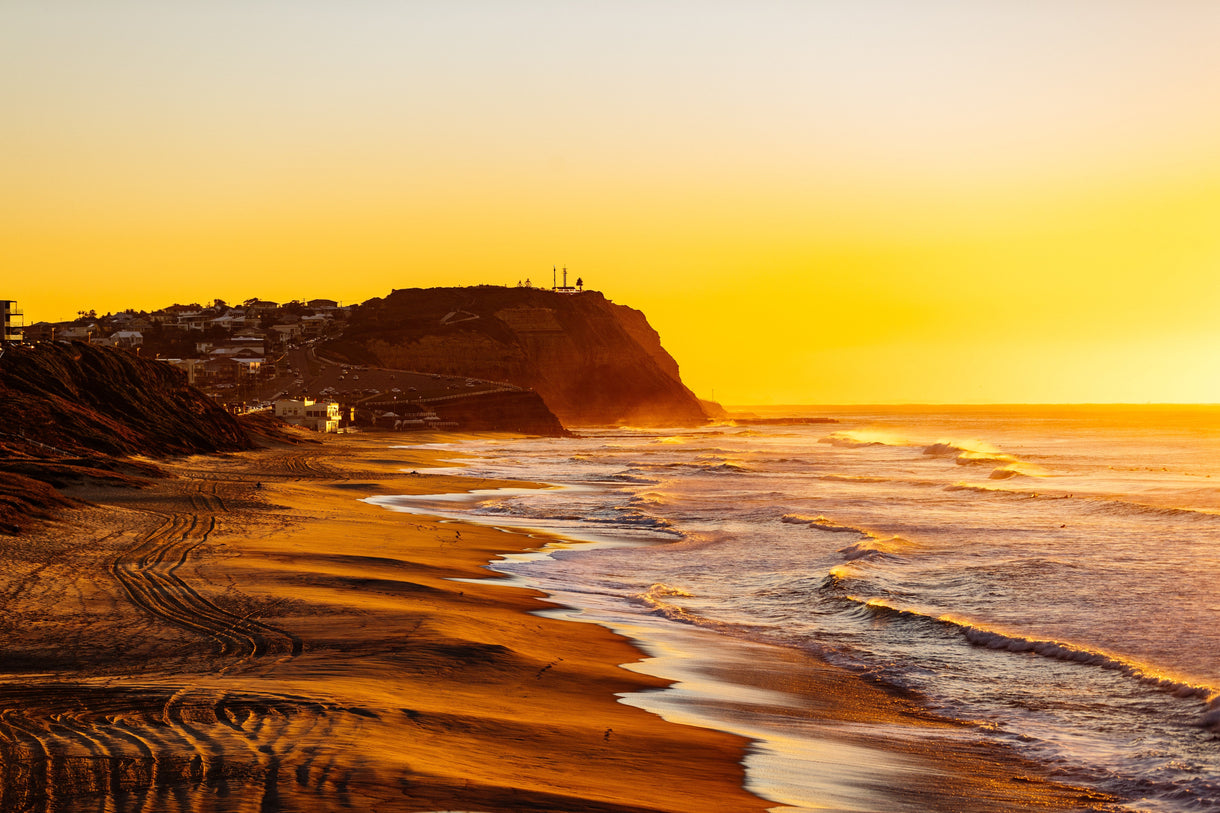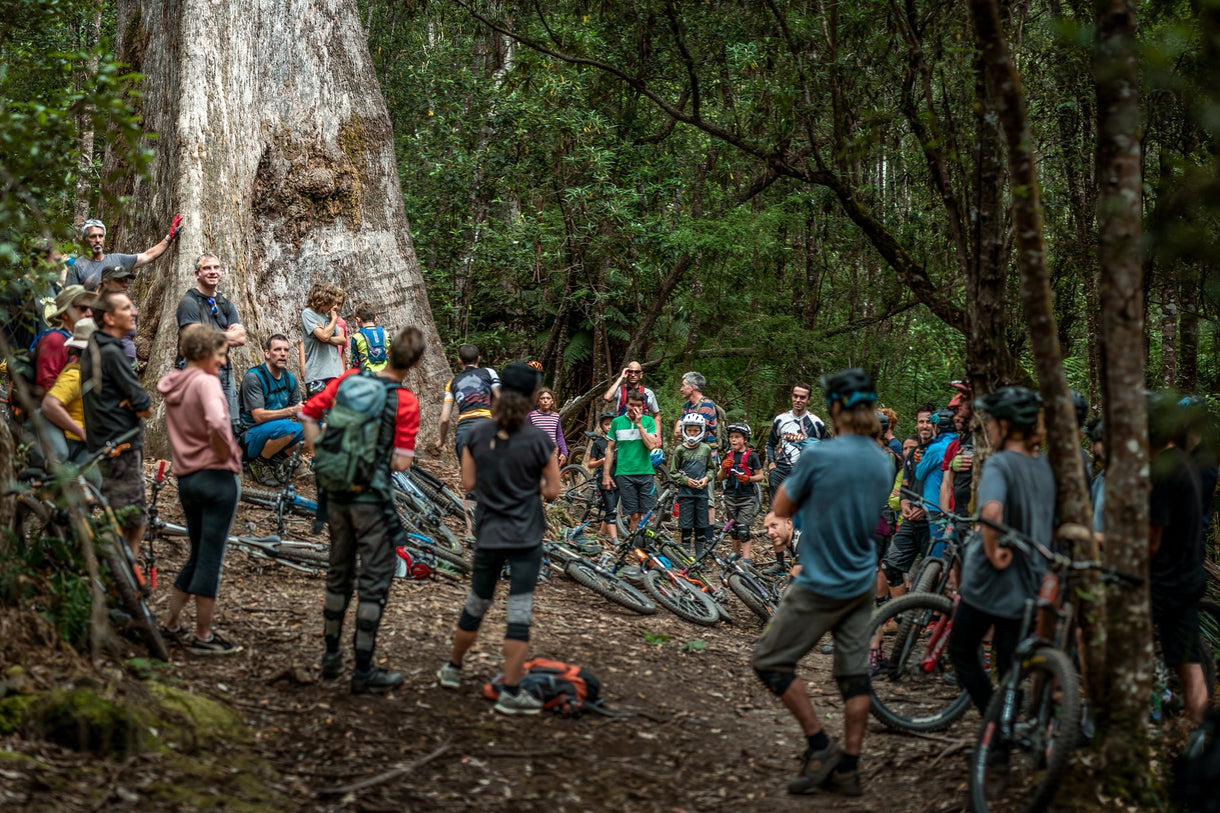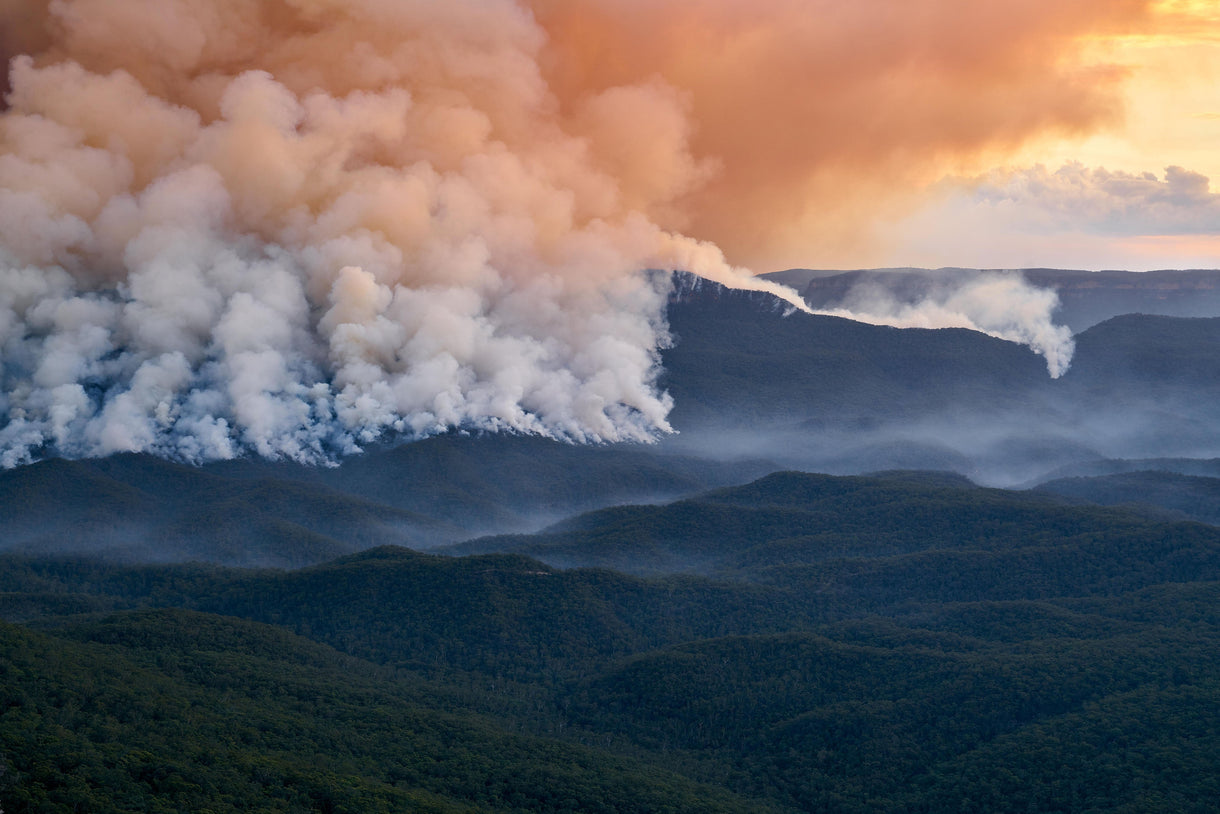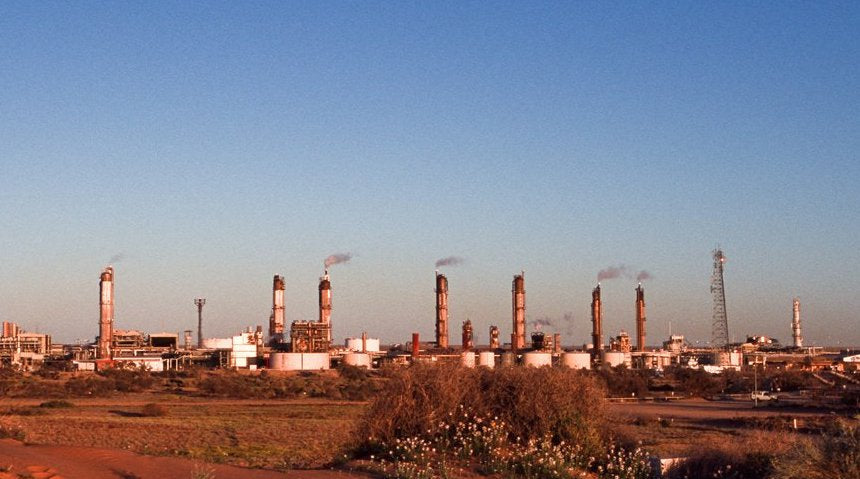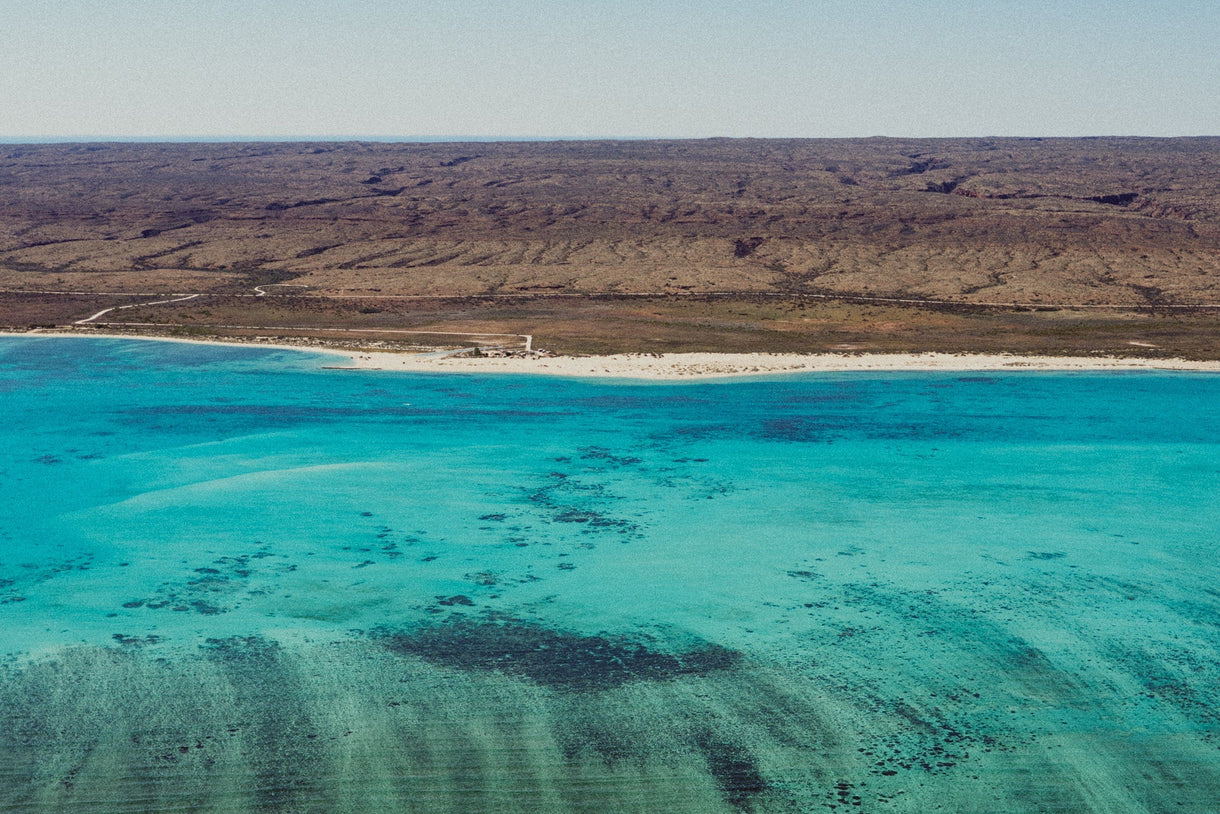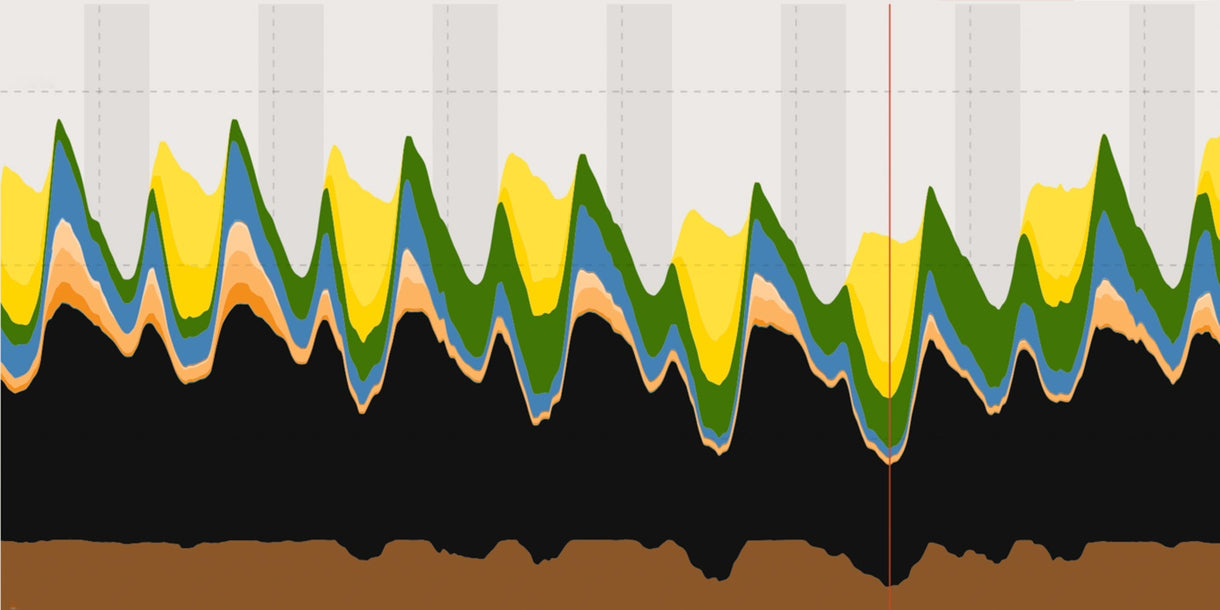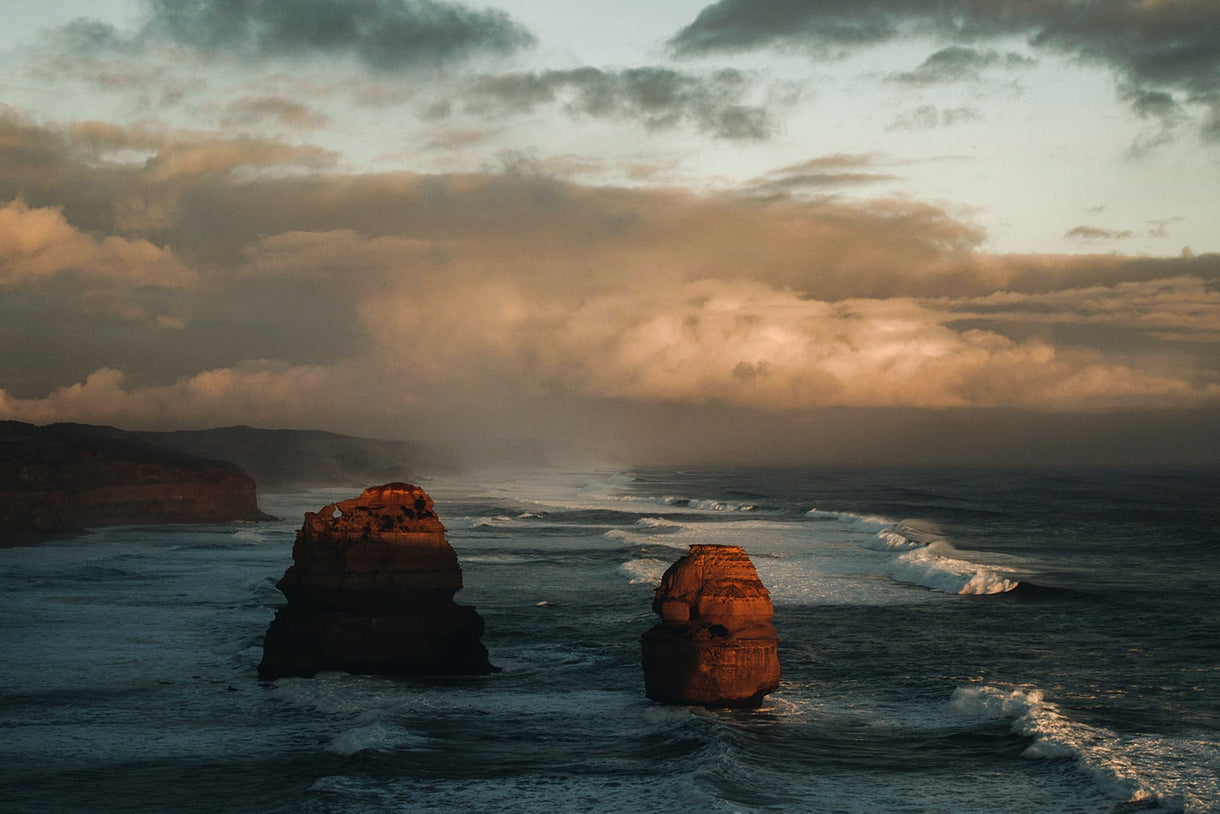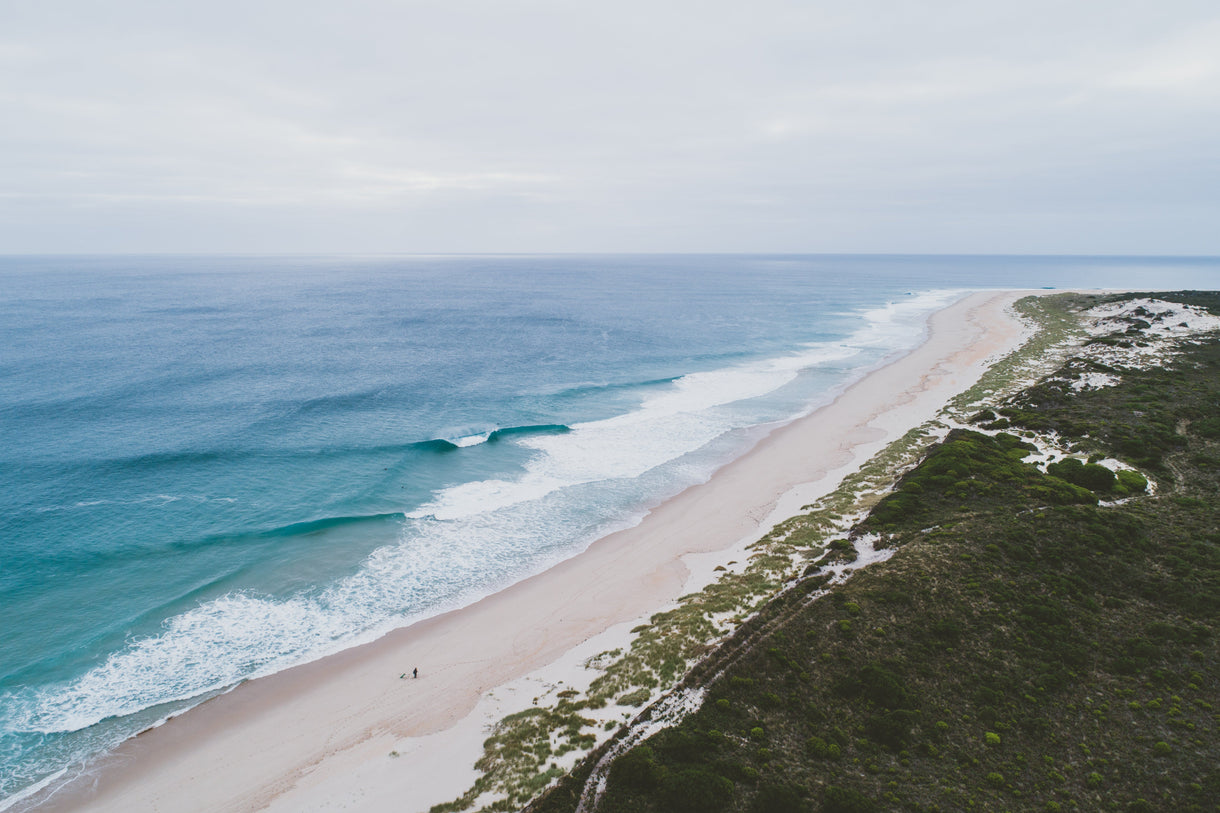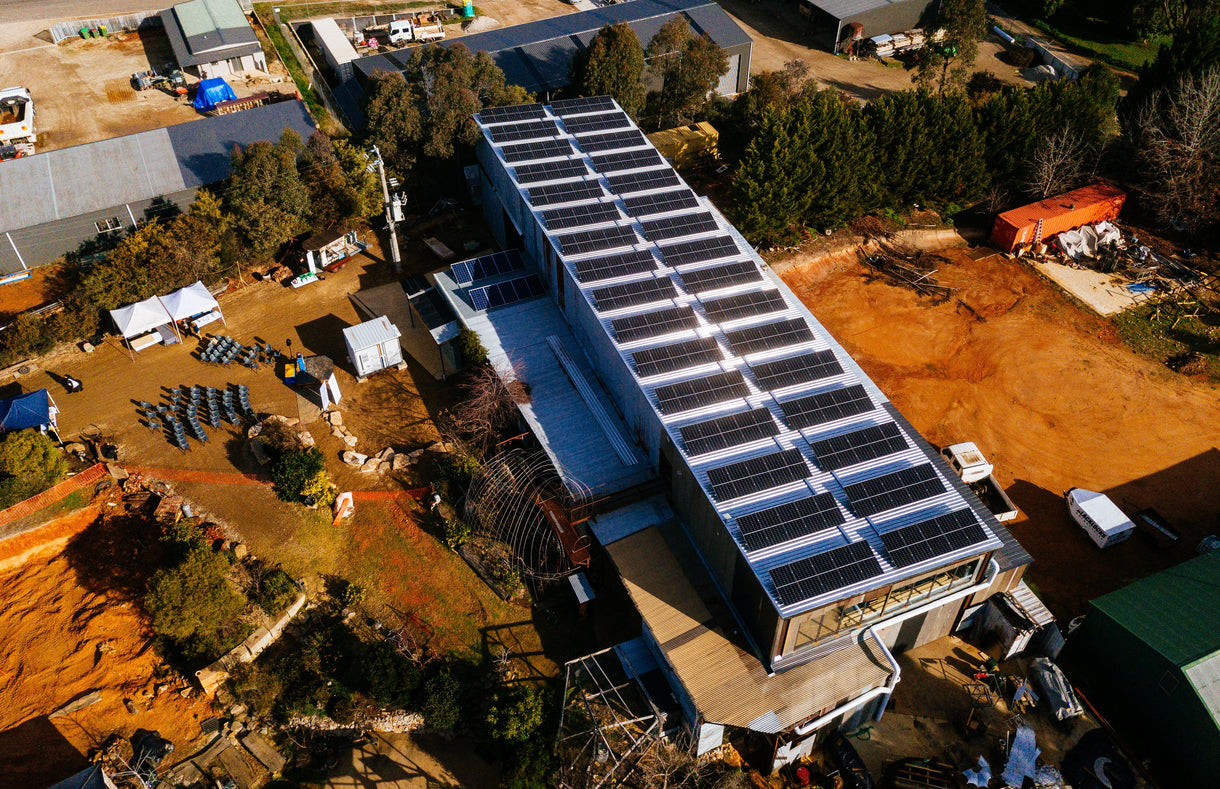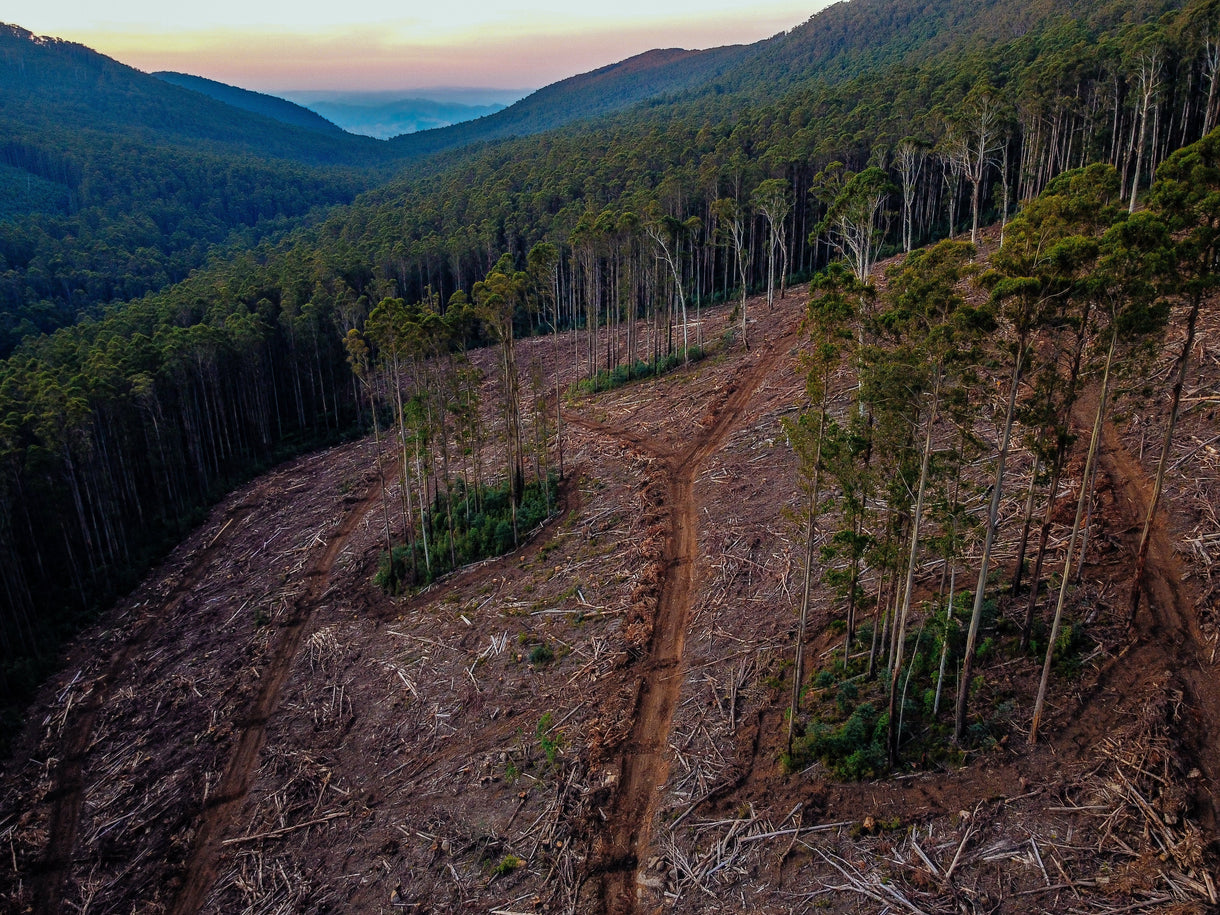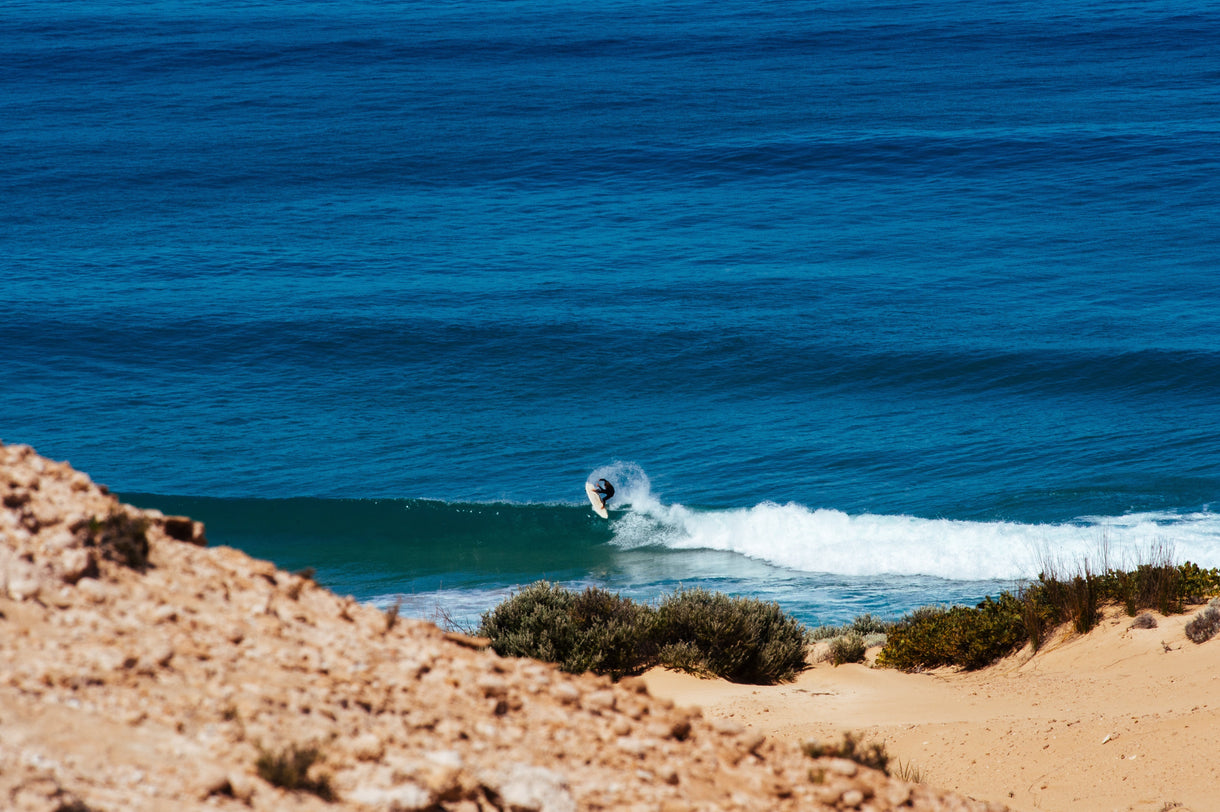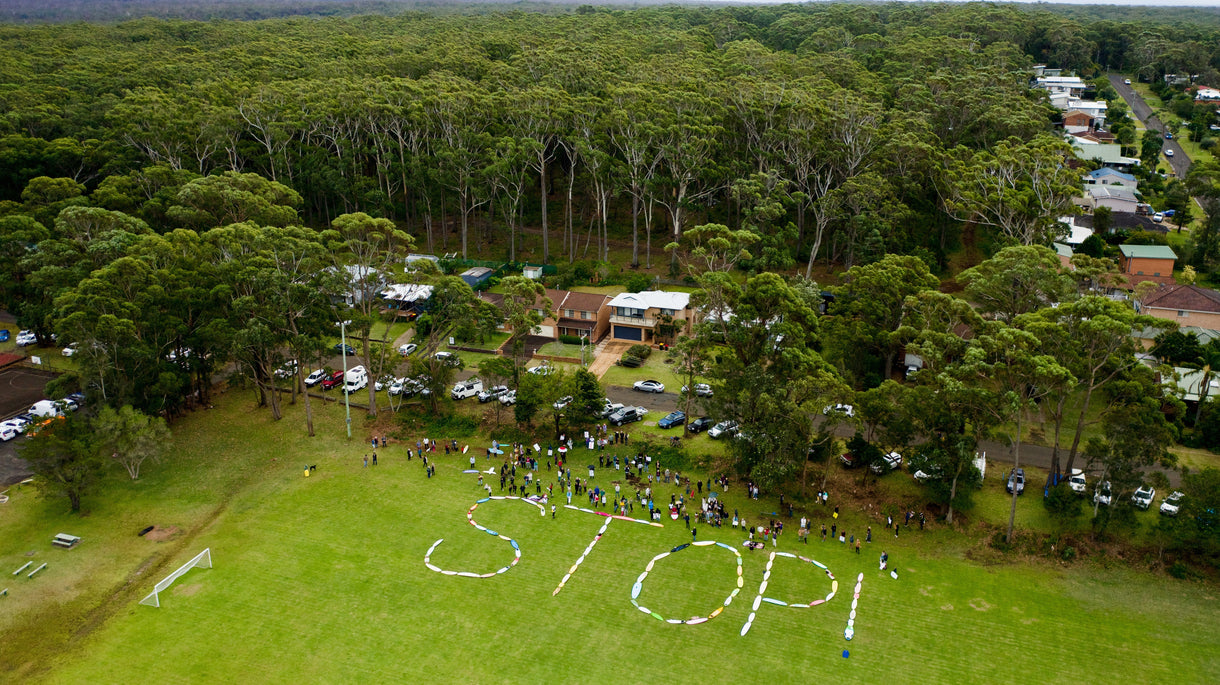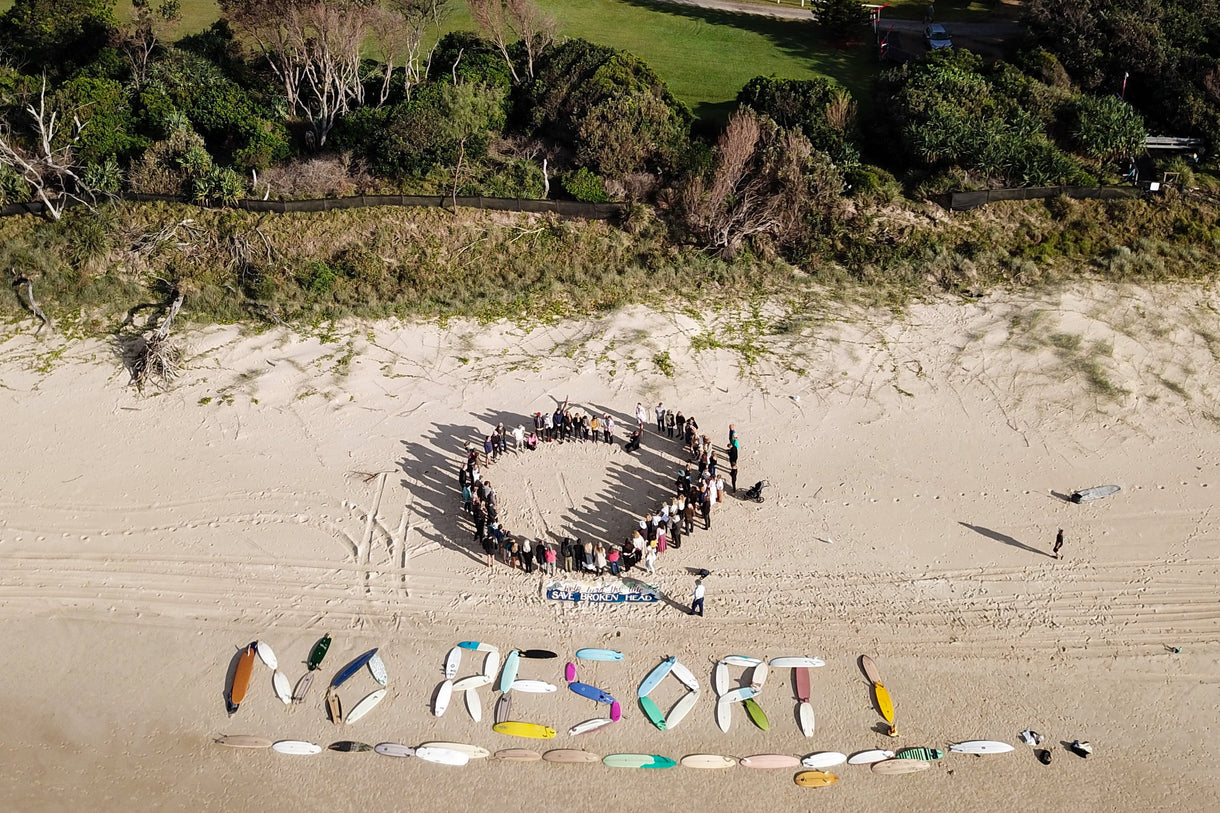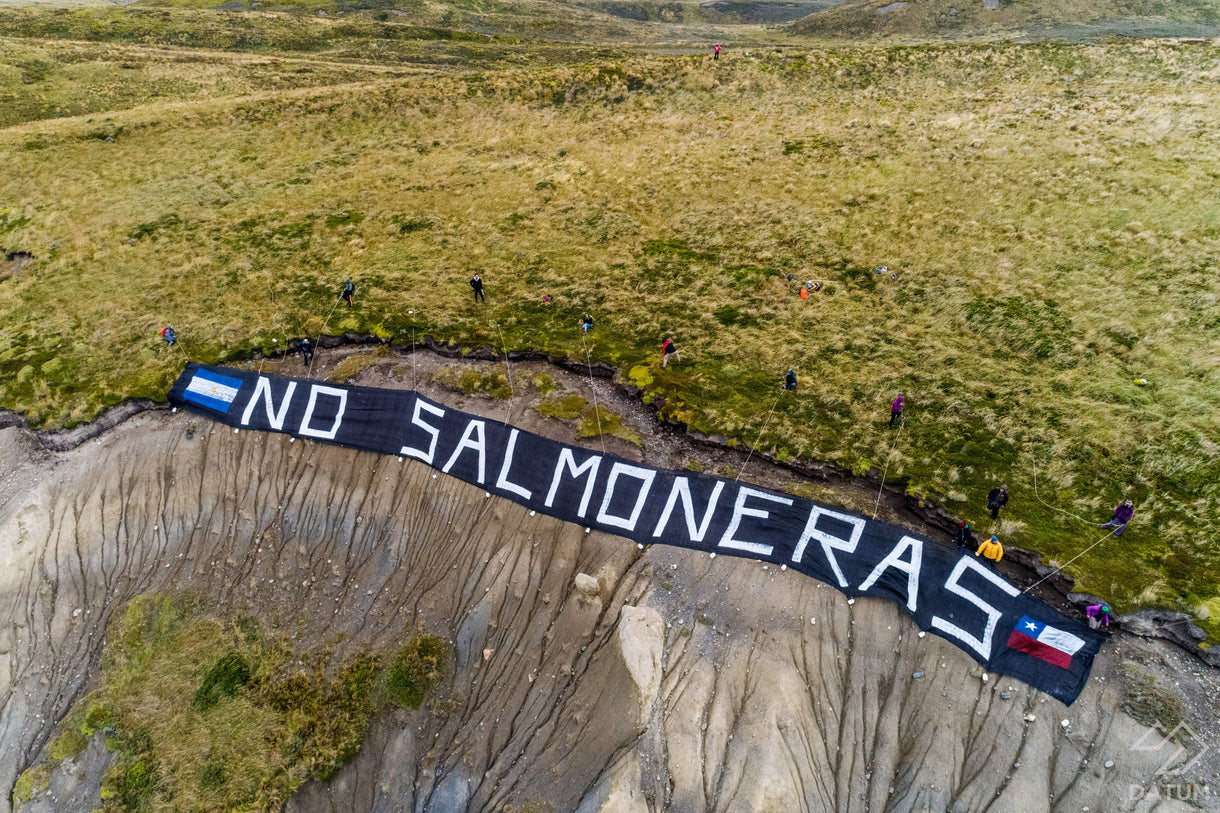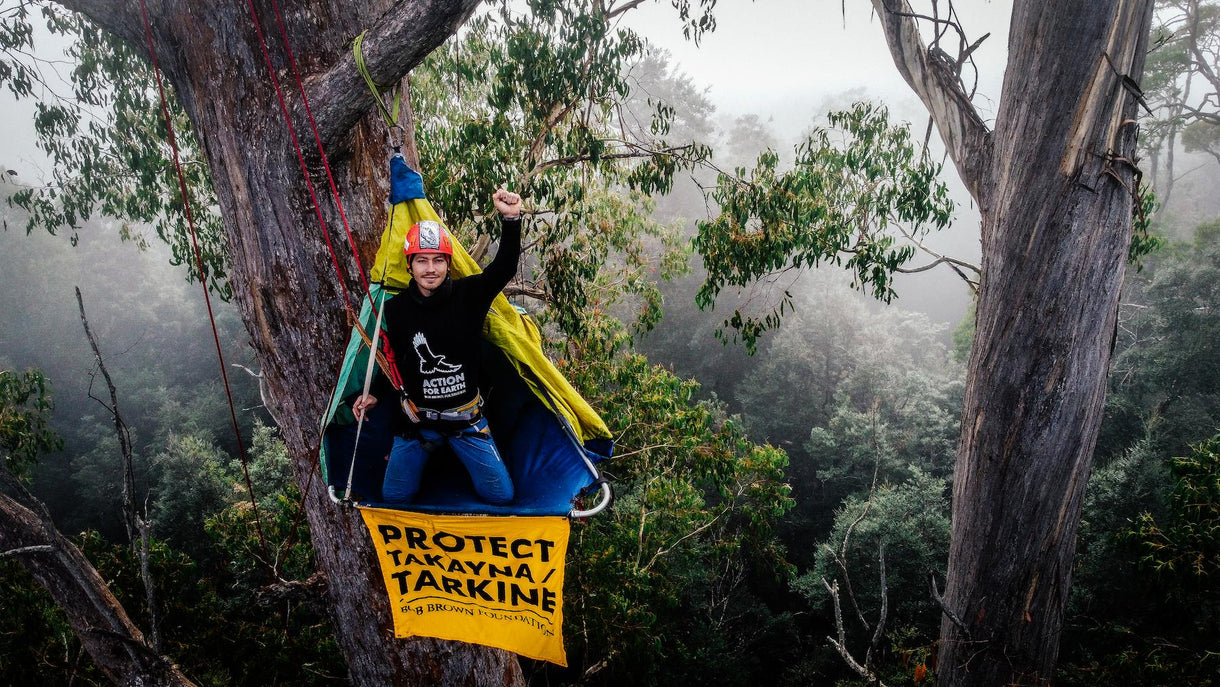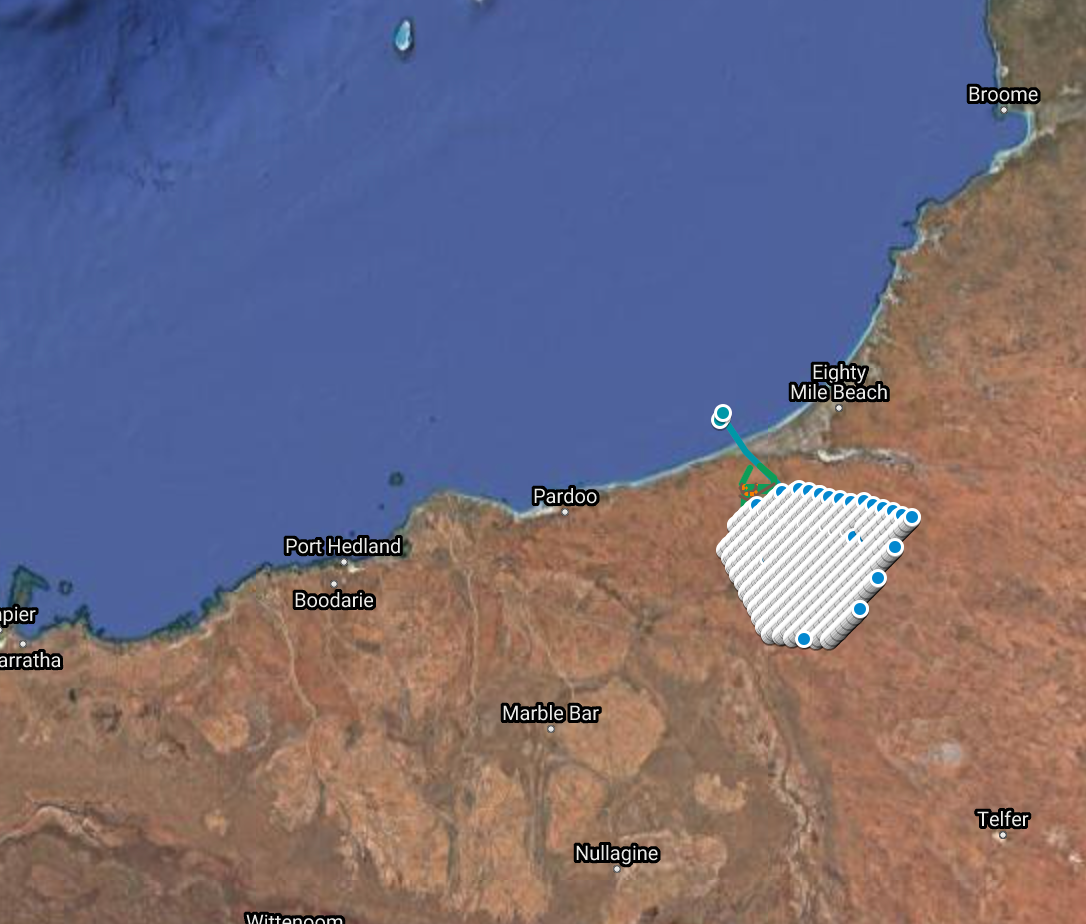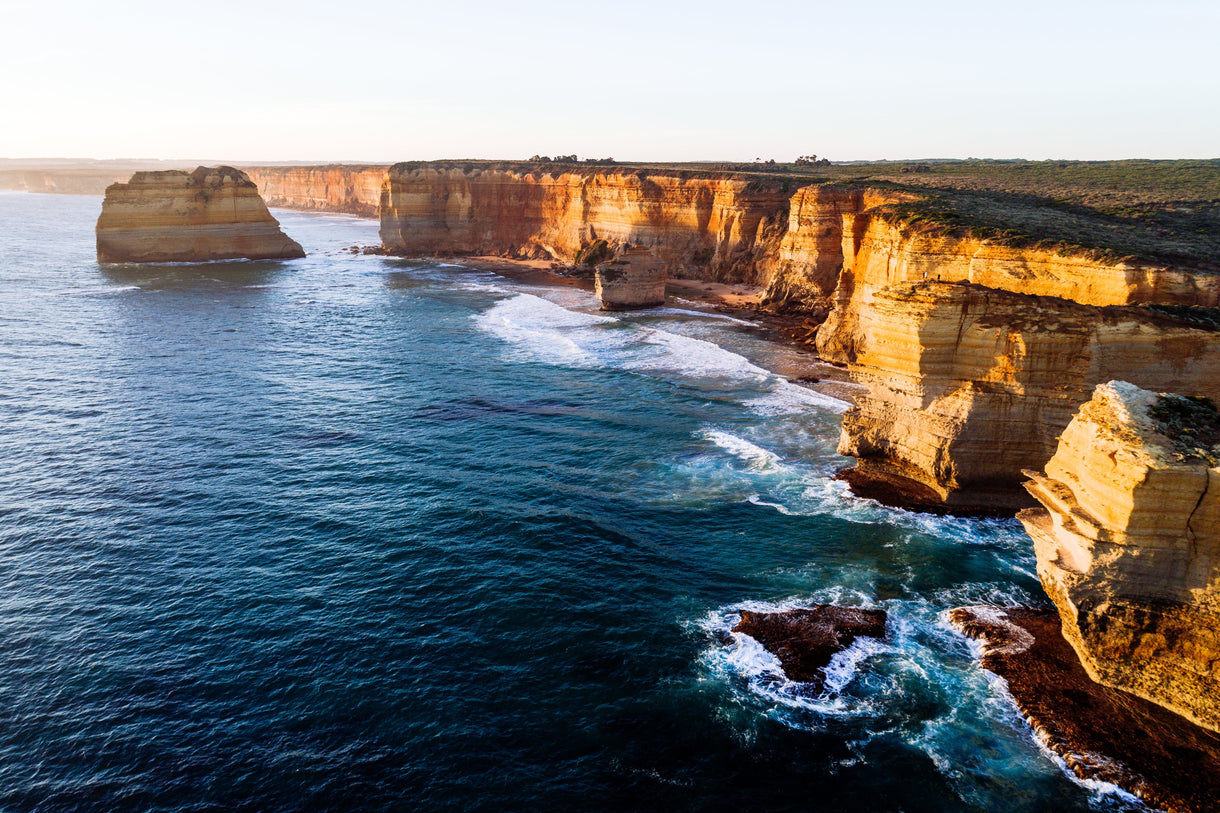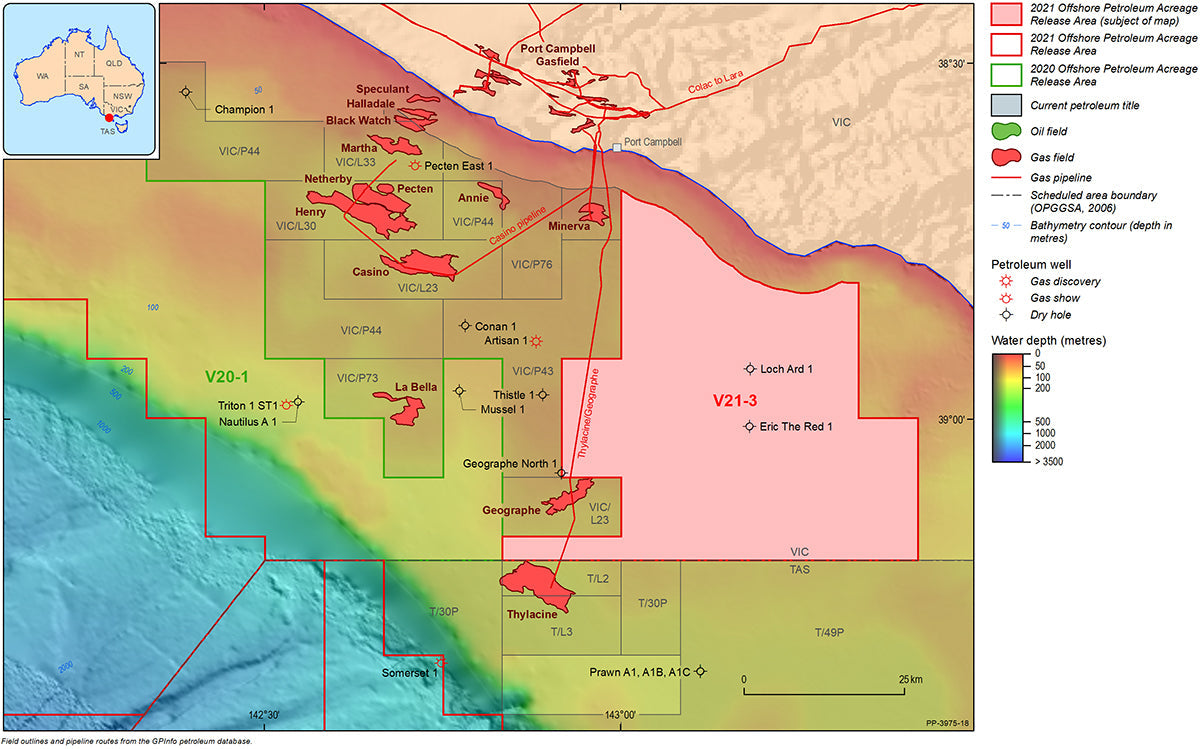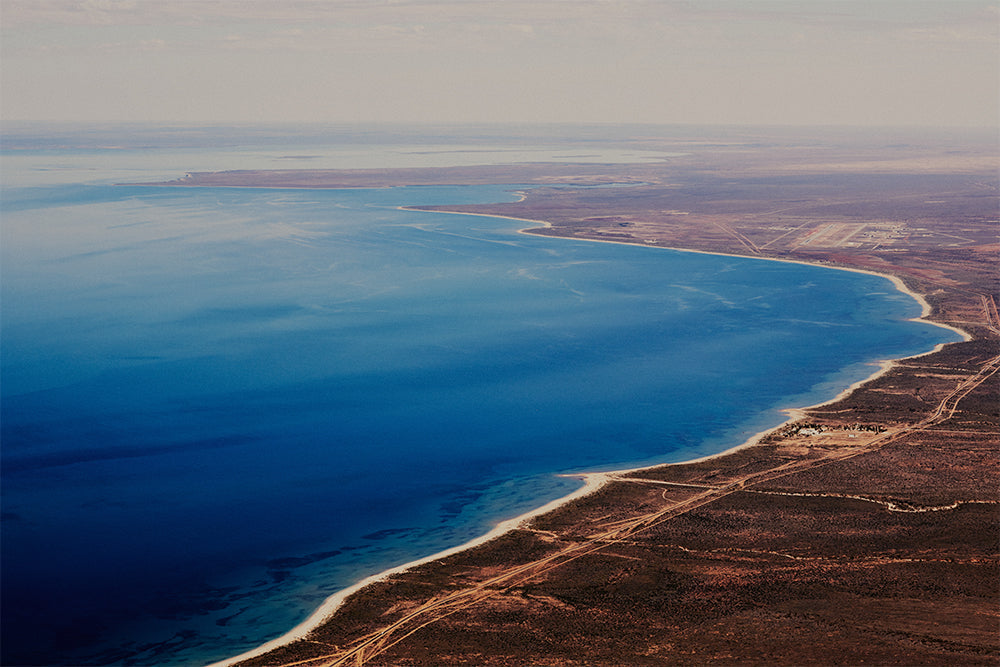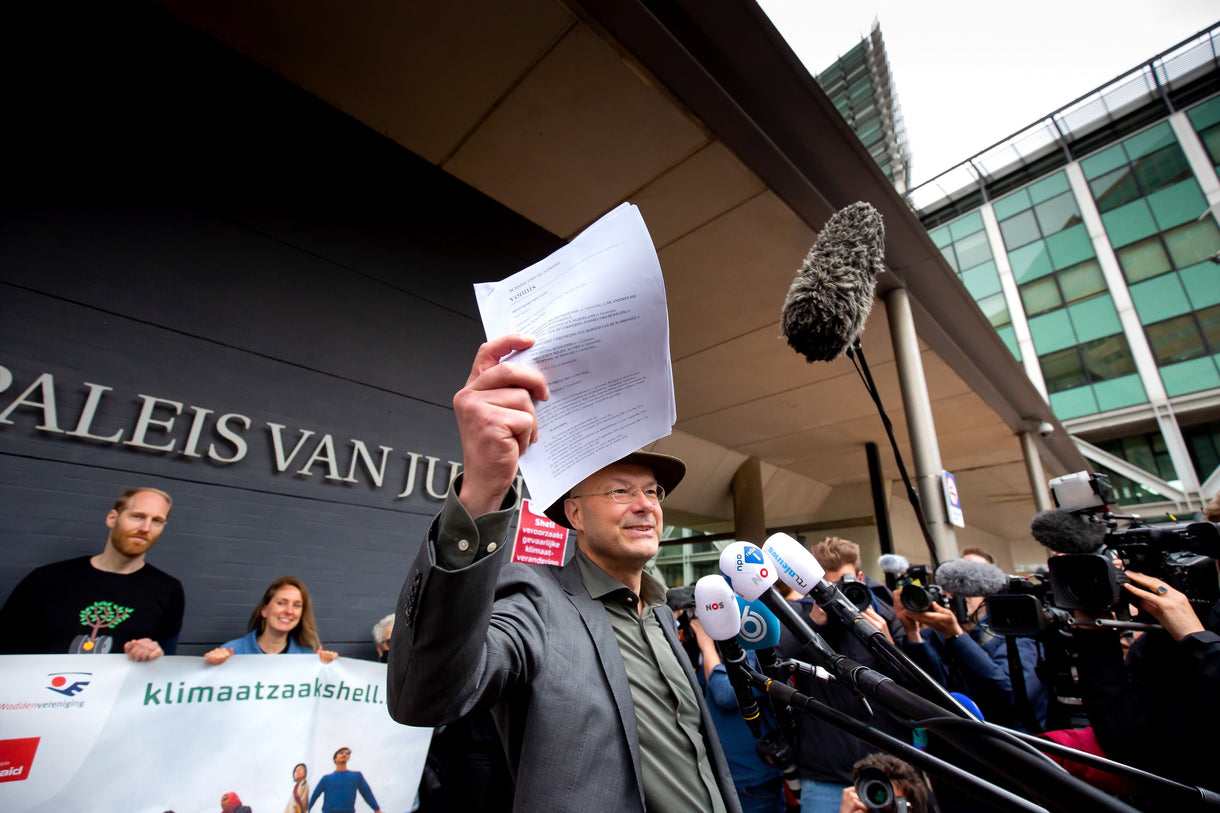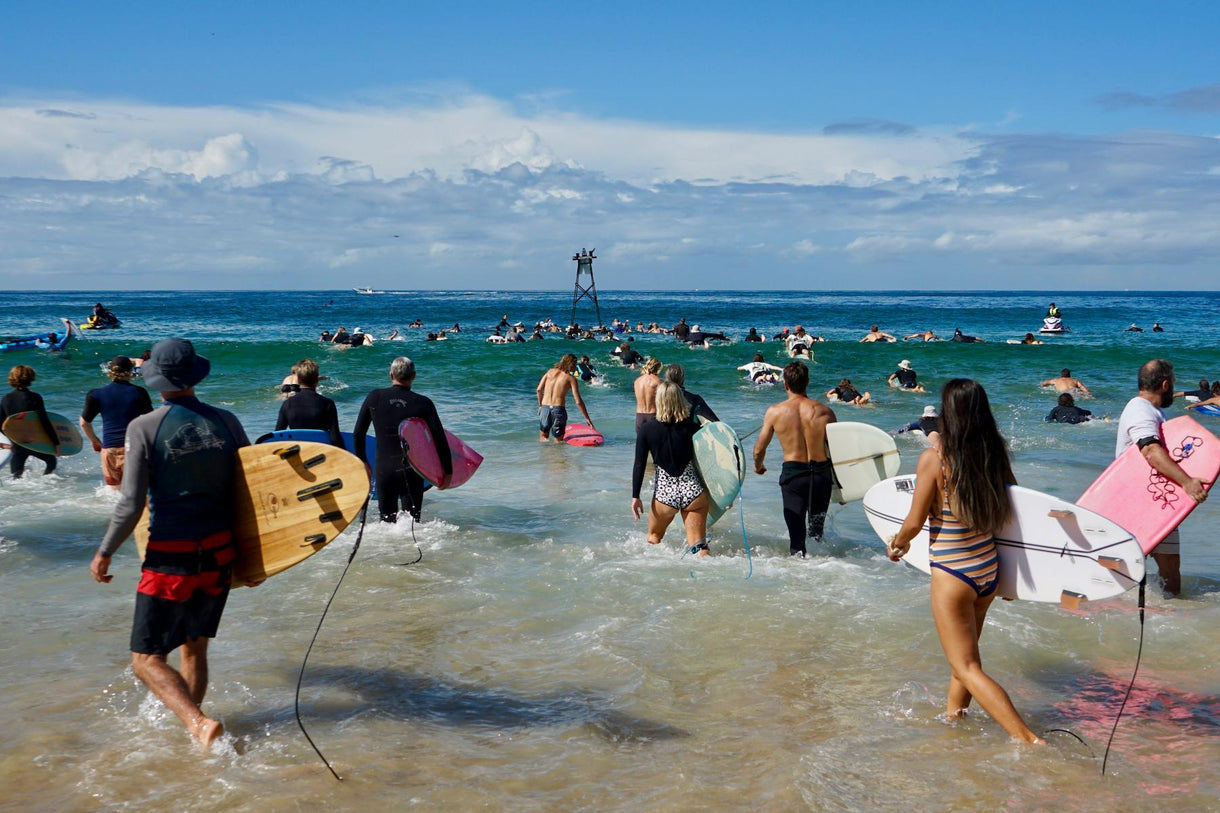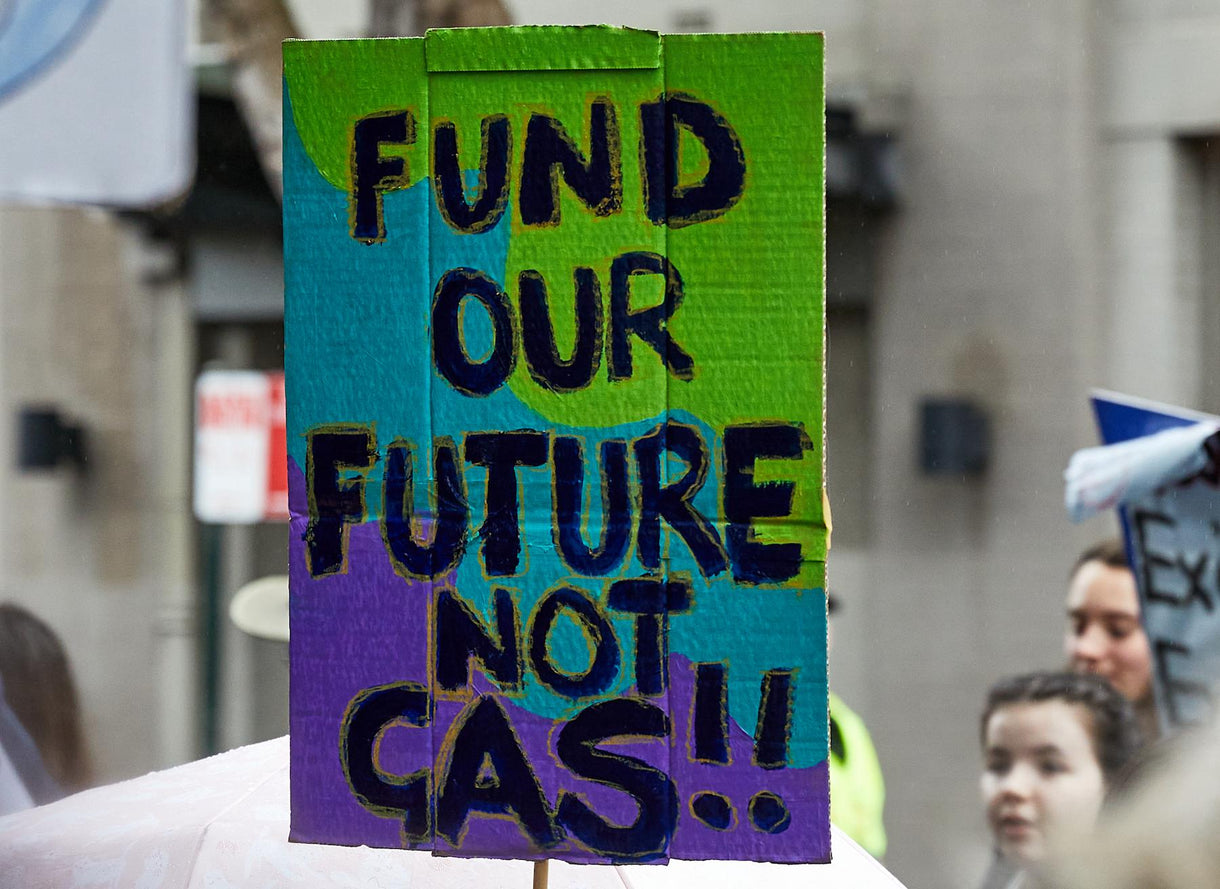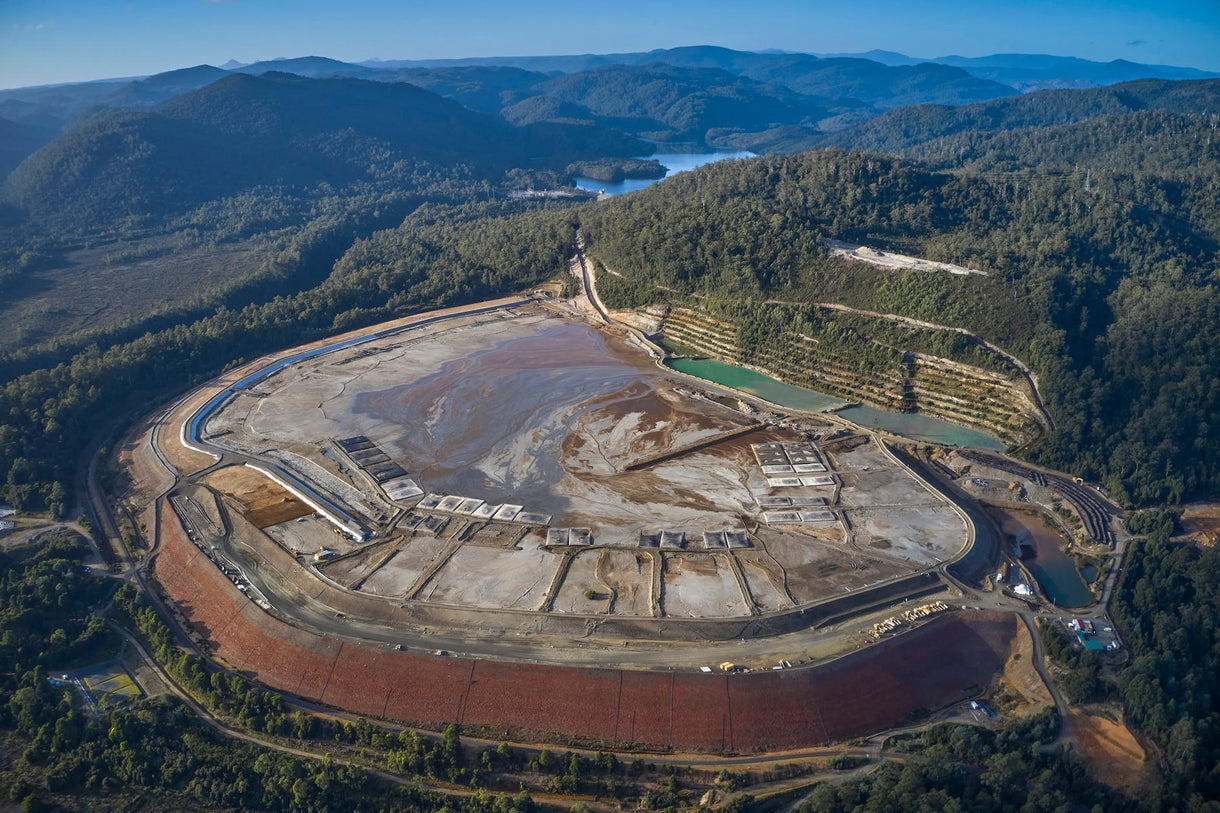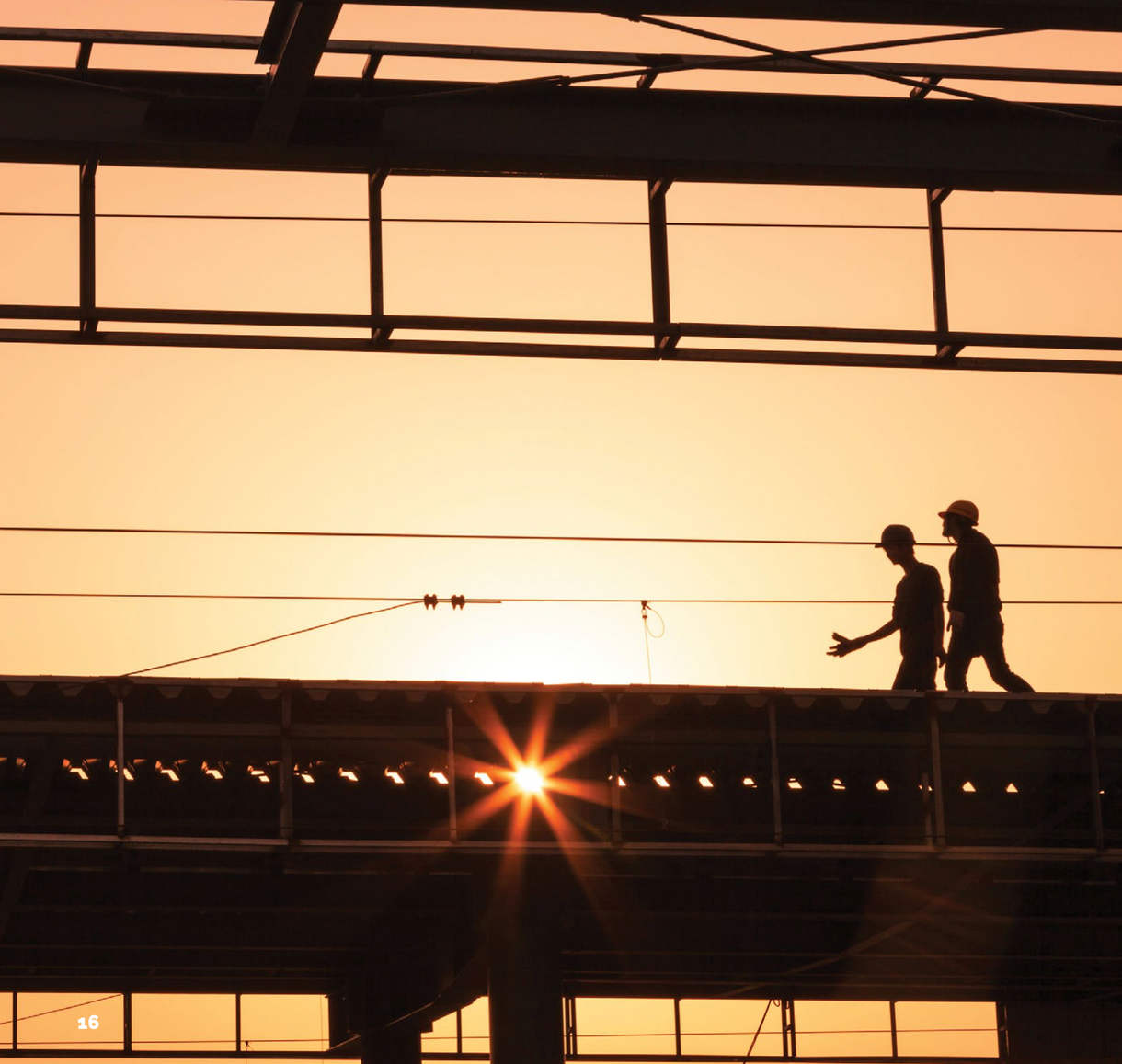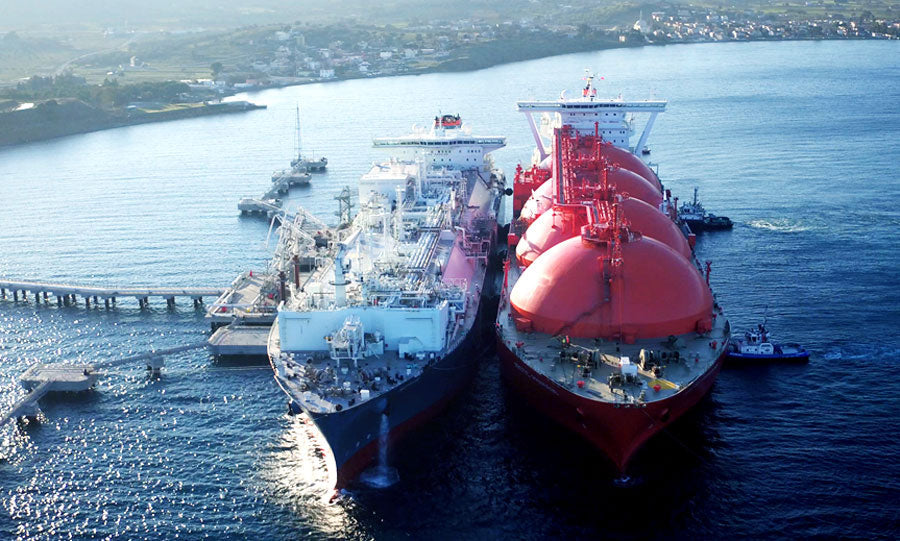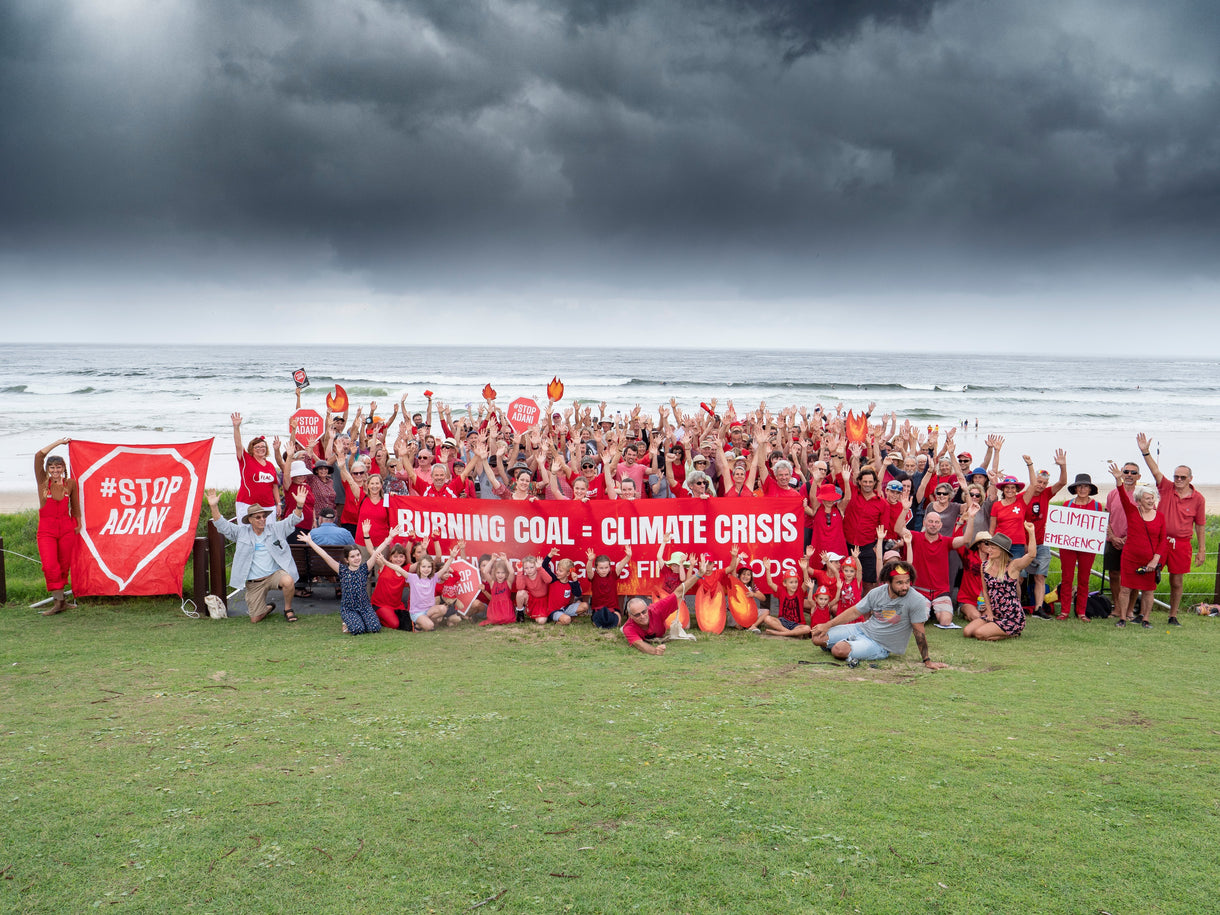The future of electricity in Australia just changed in the space of a week.
Some quick background. Despite recent growth in renewables, Australia’s electricity grid continues to rely on coal and gas. About two-thirds of generation, largely coming from old, coal-fired power stations. These dinosaurs however are headed for extinction. Renewables are cleaner and cheaper and will take over. The only question is when. The owners of the power stations, the fossil fuel lobby and the federal government want to drag this out as long as possible. Mike Canon-Brookes wants it done, like, now.
After years of frustrated commentary from the sideline, the Australian tech billionaire this week stepped onto the field. He led a consortium that made an $8 billion bid for AGL, Australia’s largest energy generator… and Australia’s largest carbon emitter, responsible for 9 per cent of Australia’s total emissions. If successful, MCB’s consortium would close AGL’s coal-fired power stations by 2030 and spend $20 billion on a renewable transition. The plan is to transform Australia’s biggest polluter into Australia’s biggest clean energy company.
The plan is to transform Australia’s biggest polluter into Australia’s biggest clean energy company.
The board of AGL rejected the bid but this was just the opening gambit. The two parties are currently negotiating, although in the end AGL shareholders might have the final say. AGL is 60 per cent owned by retail shareholders who have not only already lost money on AGL’s investment in coal generation, but who largely support a clean energy transition.
The bid has predictably flushed out the defenders of the fossil fuel industry, not the least of whom being the Prime Minister who threatened to veto the takeover bid, citing the national interest. Morrison claimed closing coal-fired power would raise power bills and destabilise the grid. MCB called bullshit on this. The prospect of coal-fired power stations closing and emissions reducing, caused conniptions for Emissions Reduction Minister, Angus Taylor. Predictable talking points were duly rolled out, about “baseload power” and “keeping the lights on when the sun doesn’t shine and the wind doesn’t blow.”
Whatever the outcome of the bid, it’s shaken up energy policy In Australia. It’s been described as audacious… but it’s also good business. The deal has been framed as MCB disrupting the market on a renewable energy crusade, but AGL has a huge retail customer base. Despite speeding up change in Australia’s energy market, the bid is also a long play, and the long game here will favour cleaner, cheaper renewables over dirty, expensive, coal-fired bangers.
And you’d have to bet on the smart money here. Cannon-Brookes famously challenged Elon Musk to build the world’s biggest lithium battery in South Australia within 100 days or do it for free. The battery got built in time and has contributed to recent renewable energy records in the state. Cannon-Brookes claimed he has “never been more happy to lose a bet.”
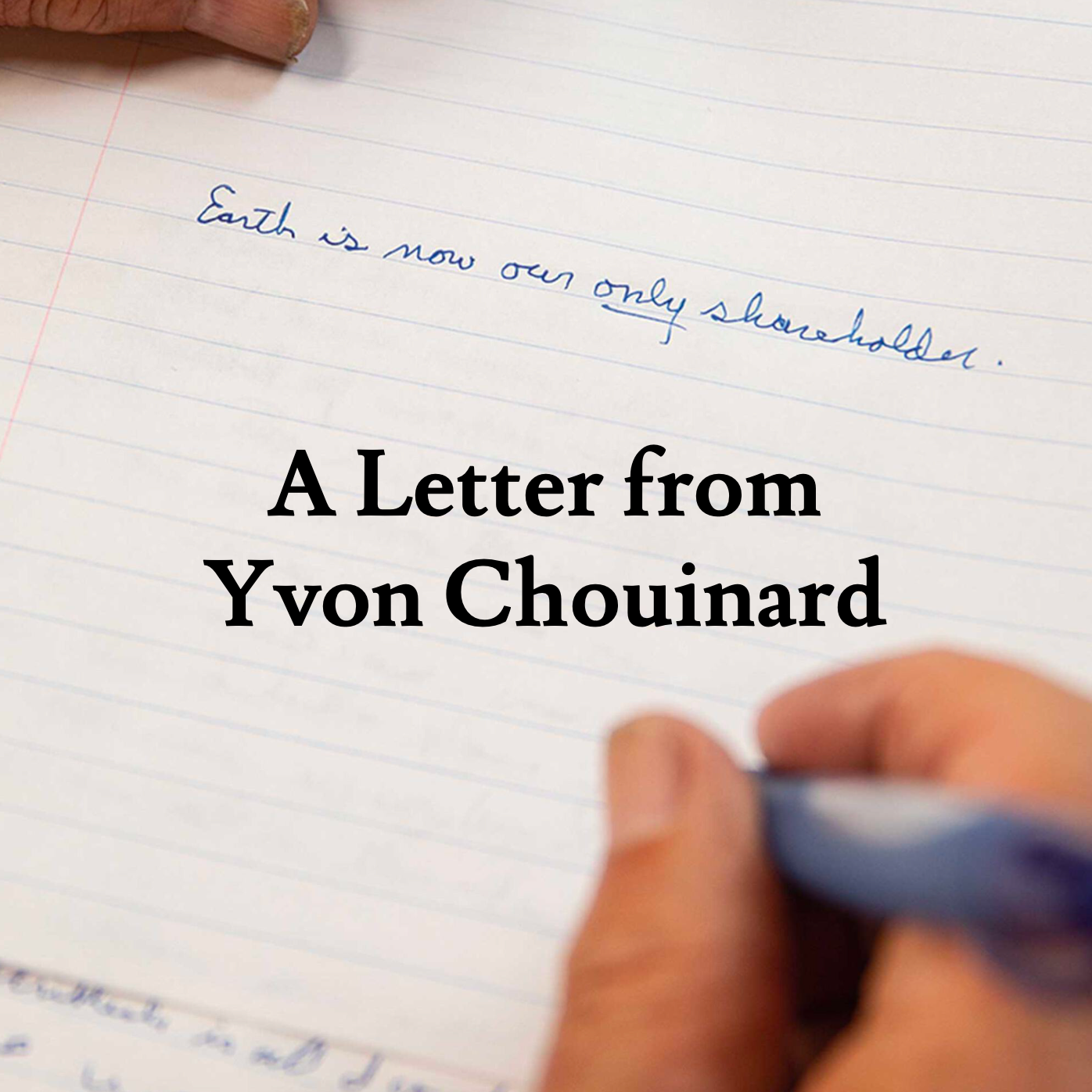

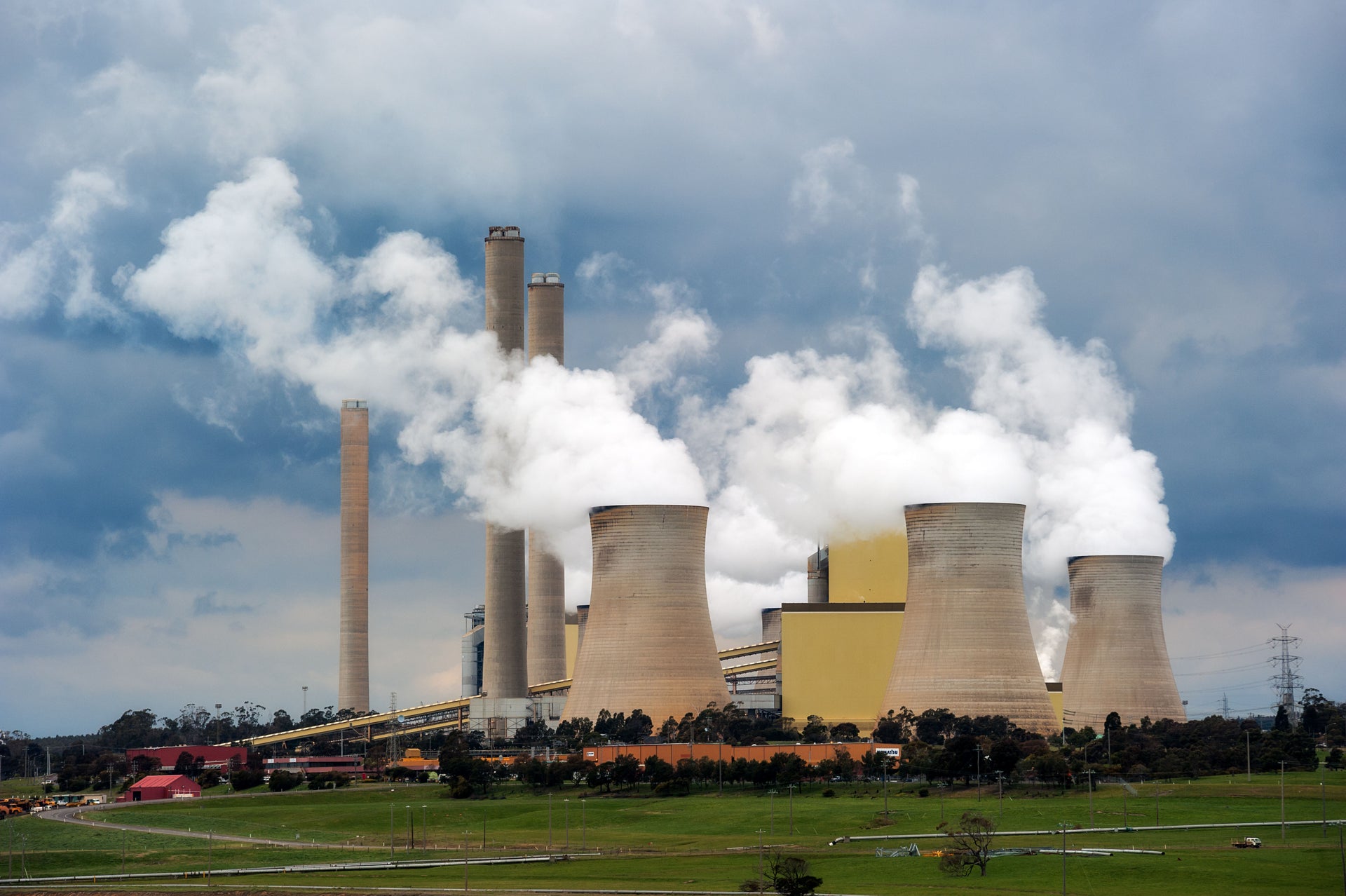

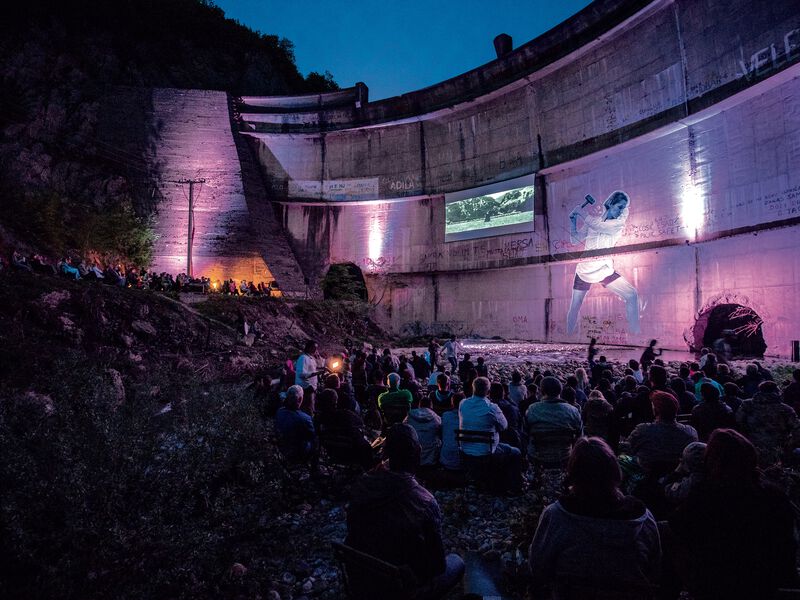


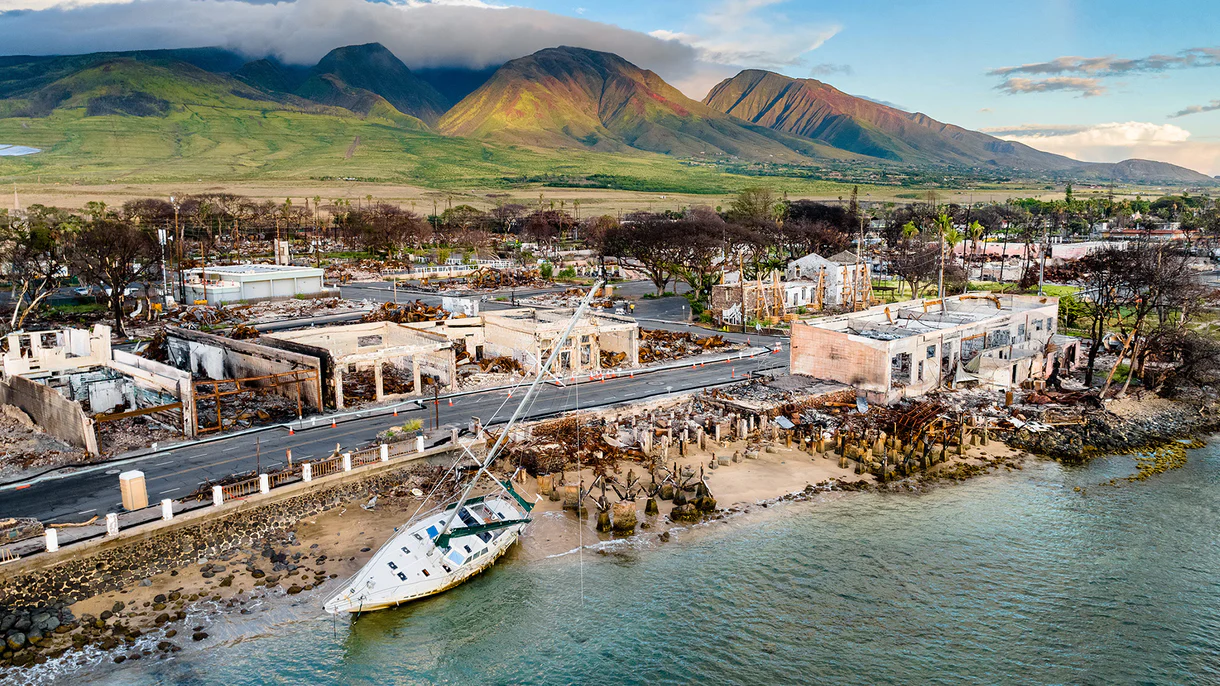















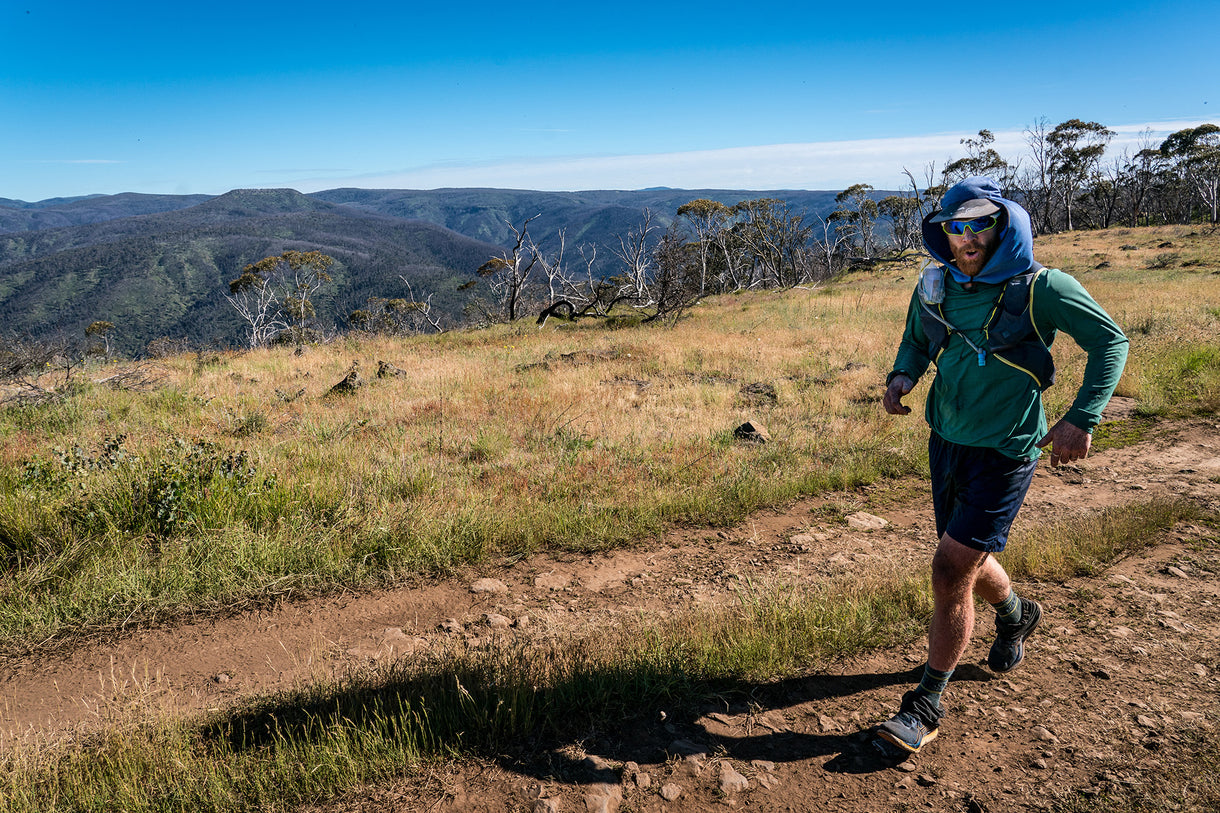



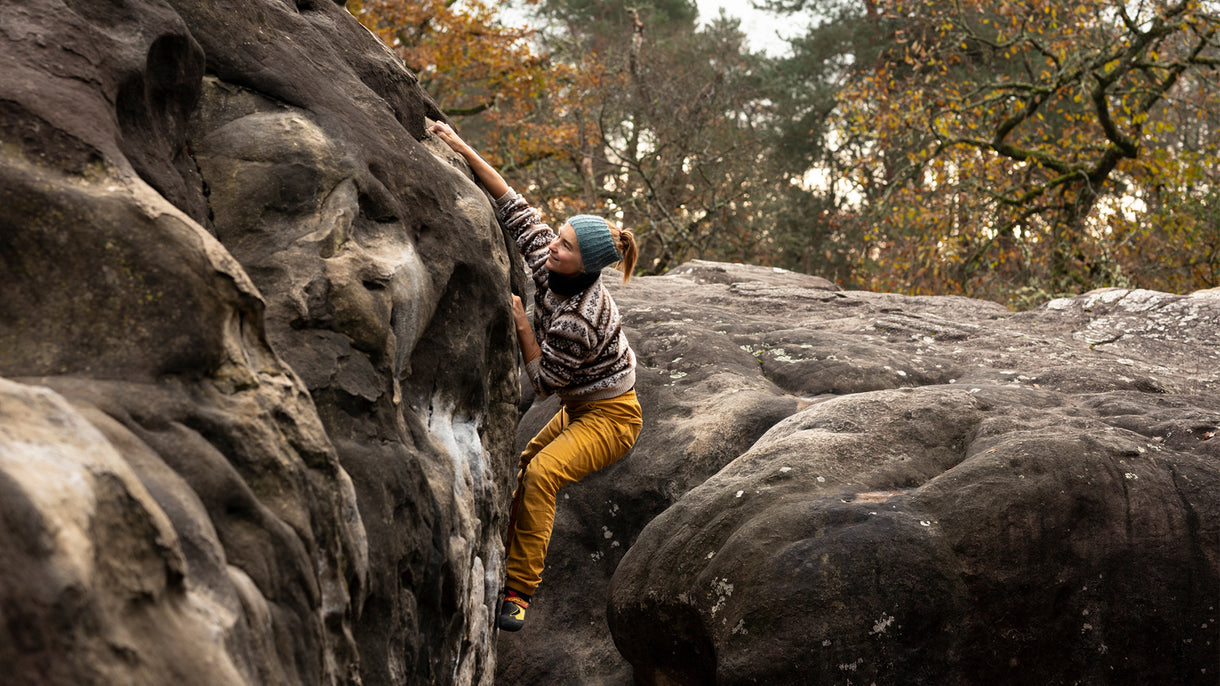








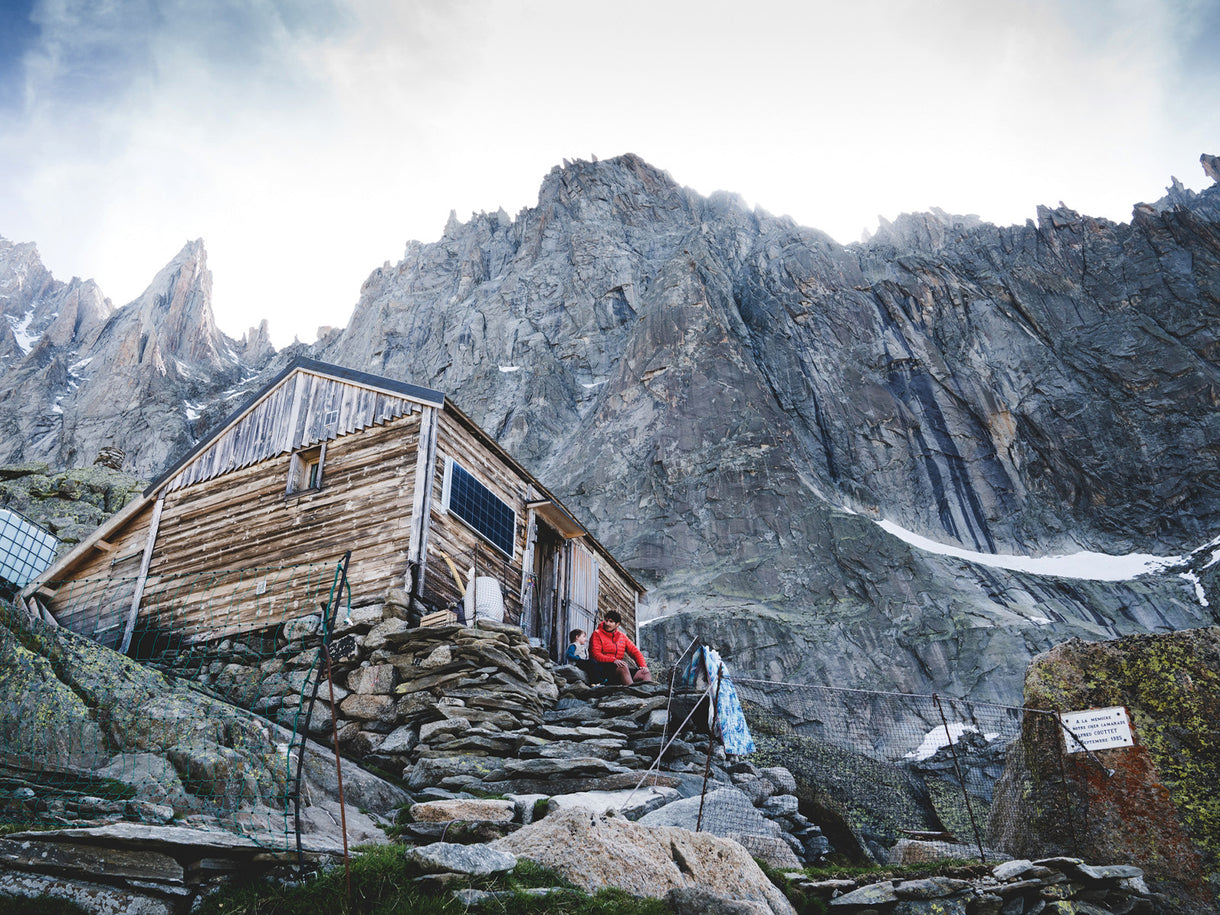







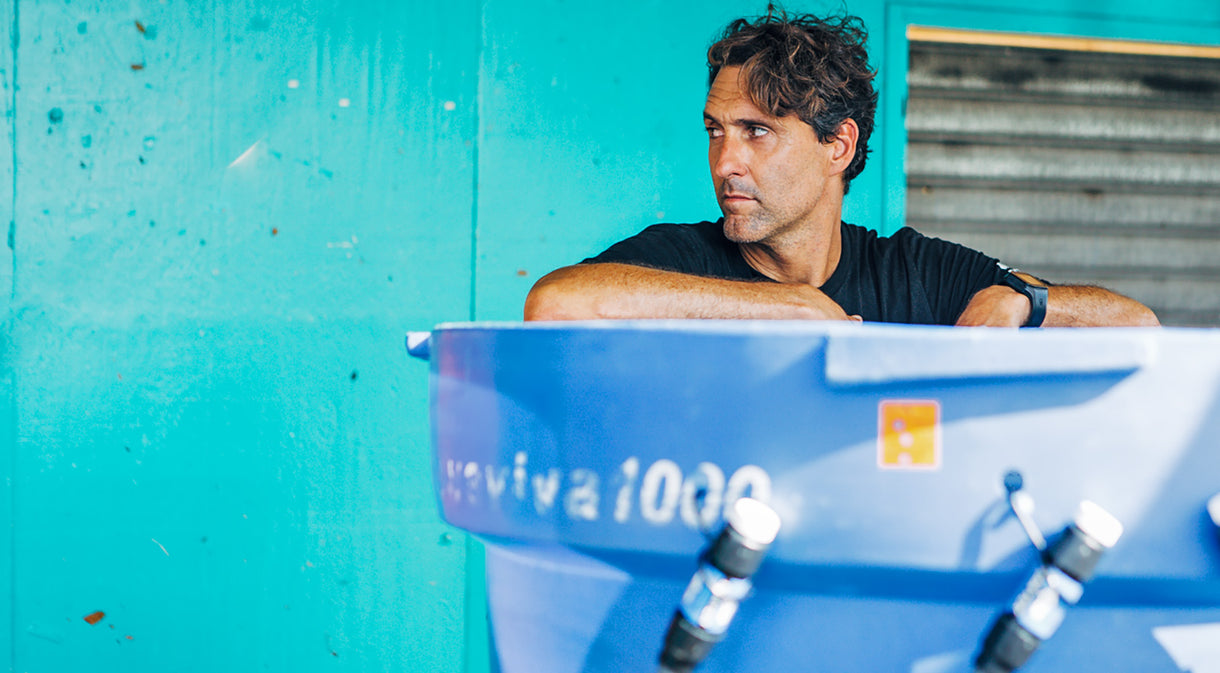
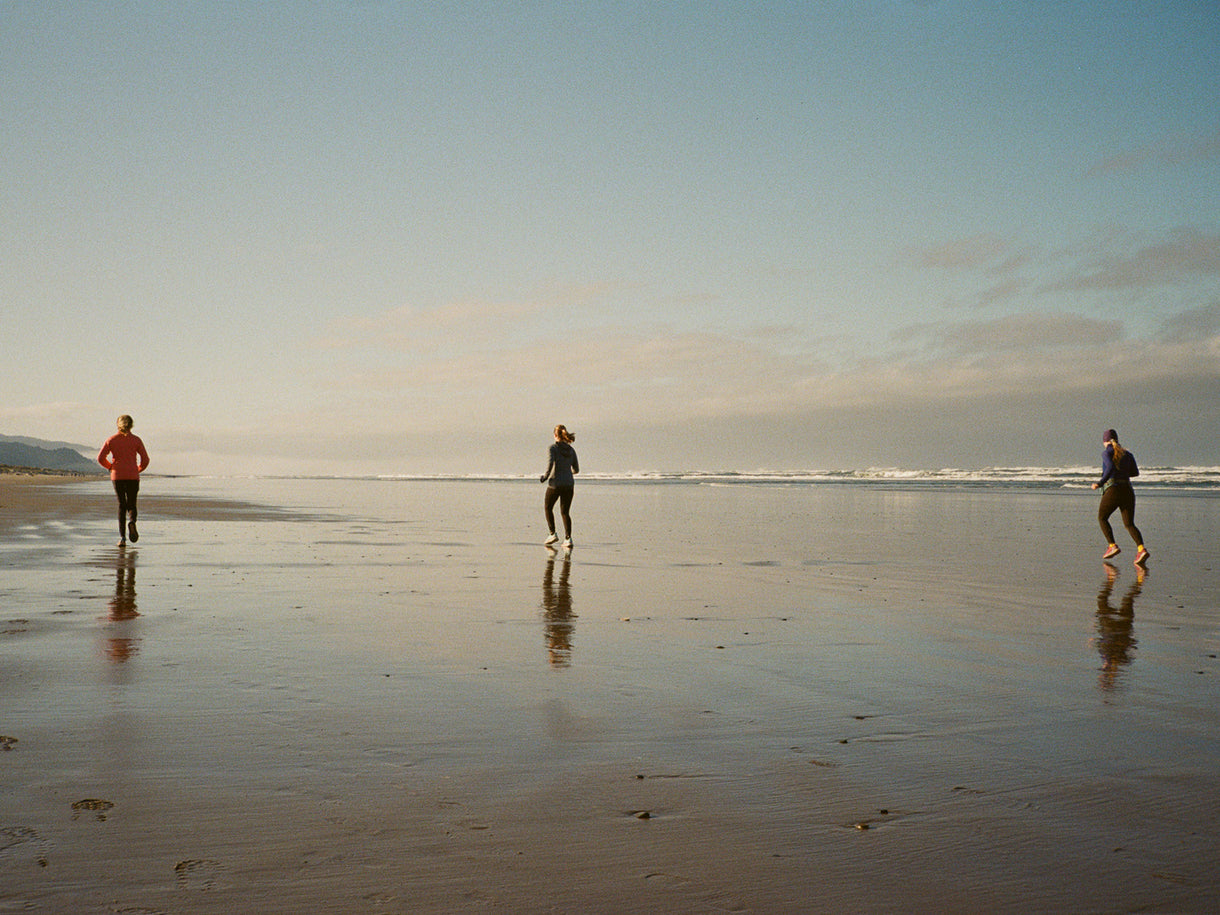
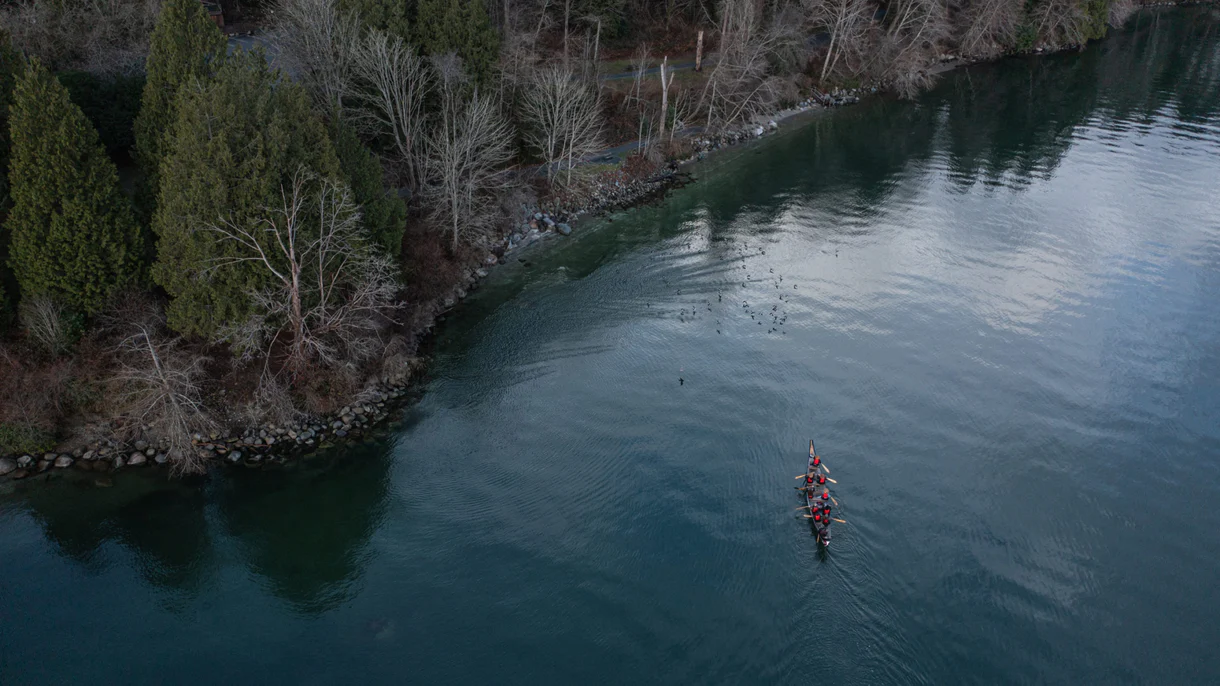

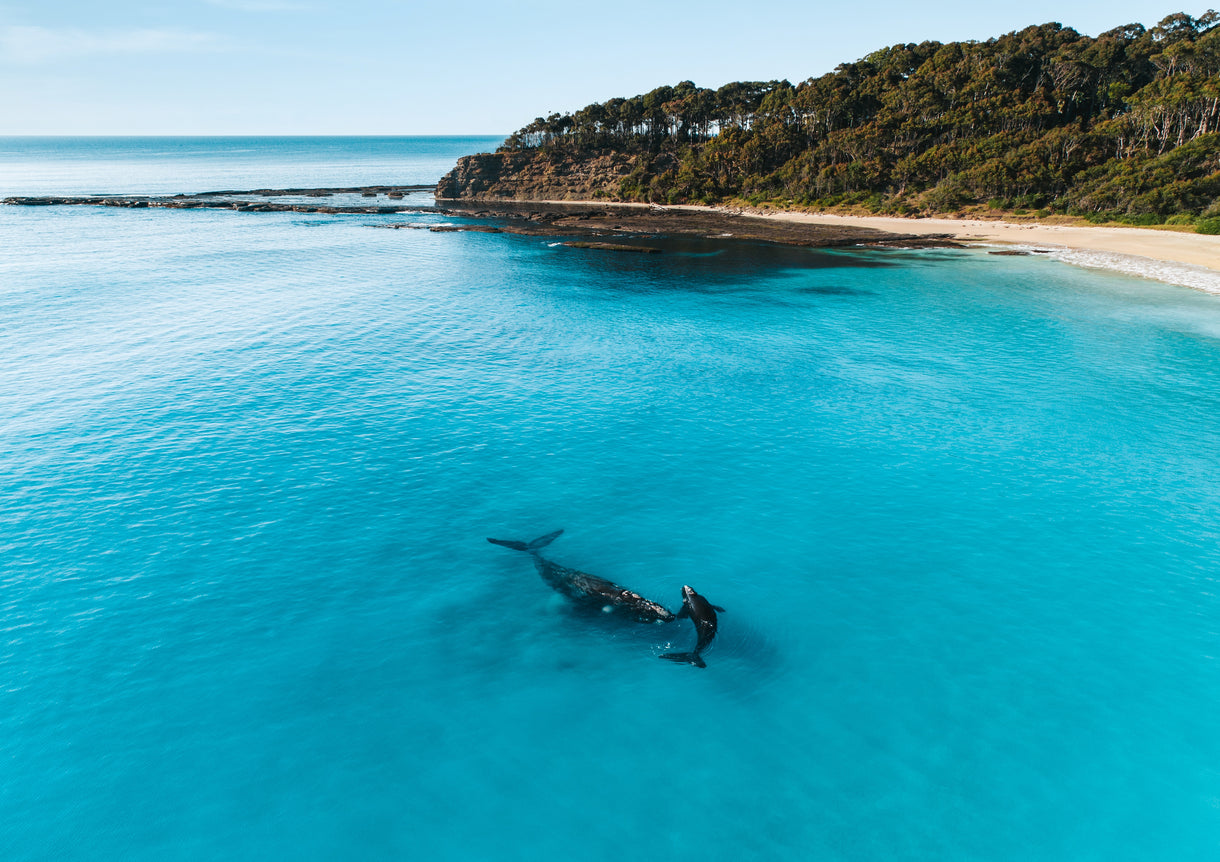
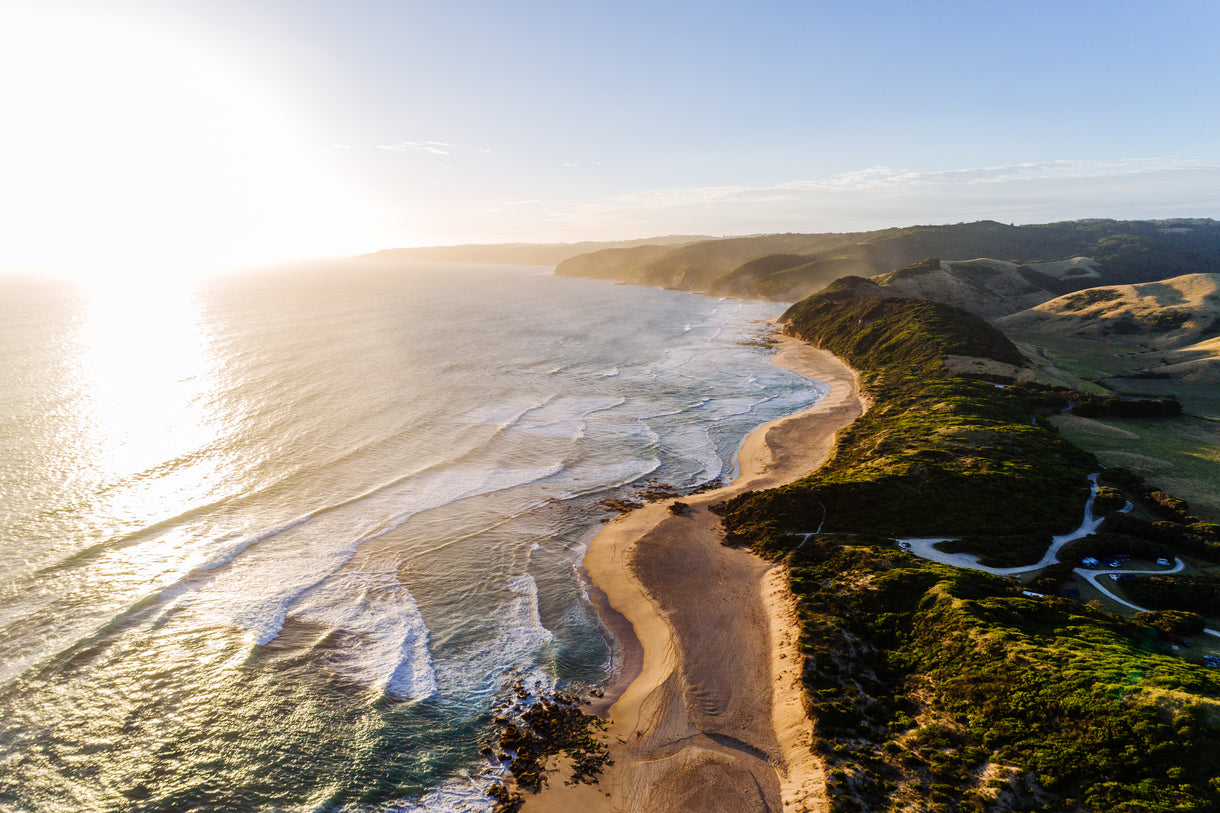
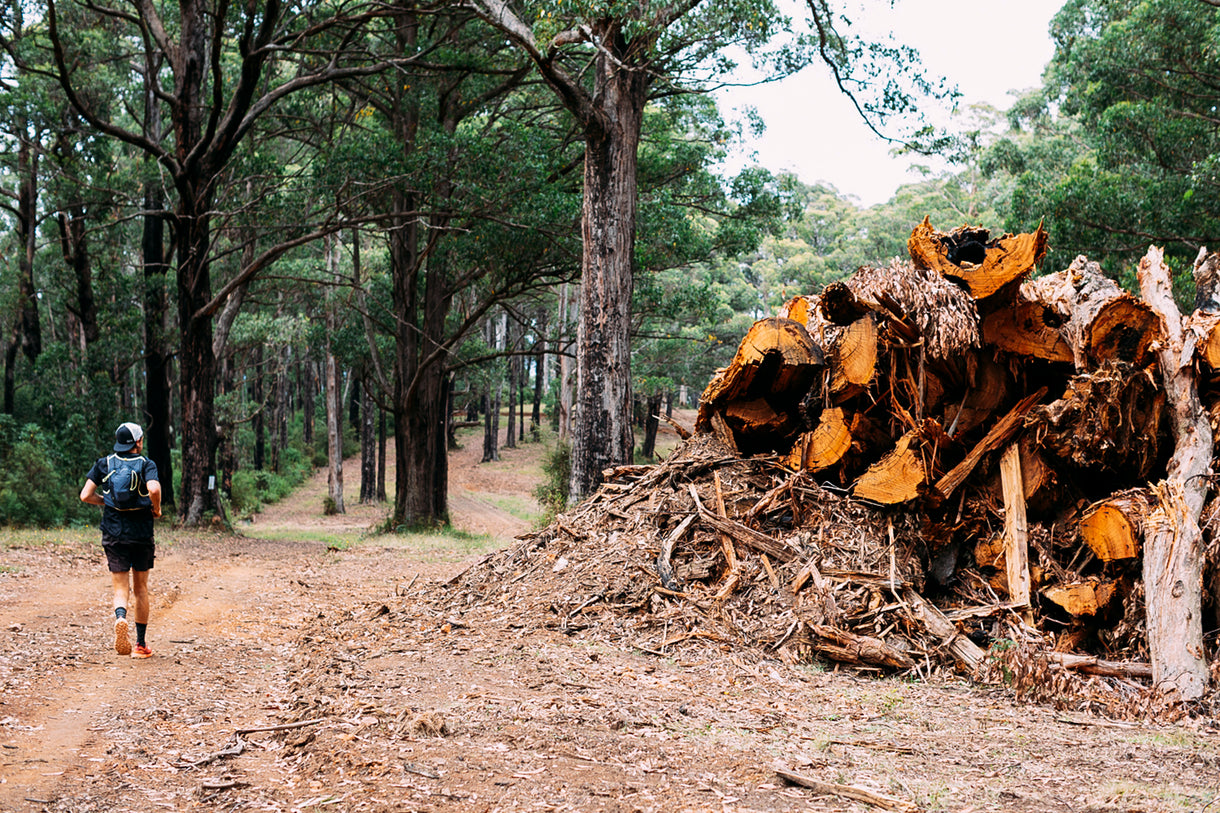
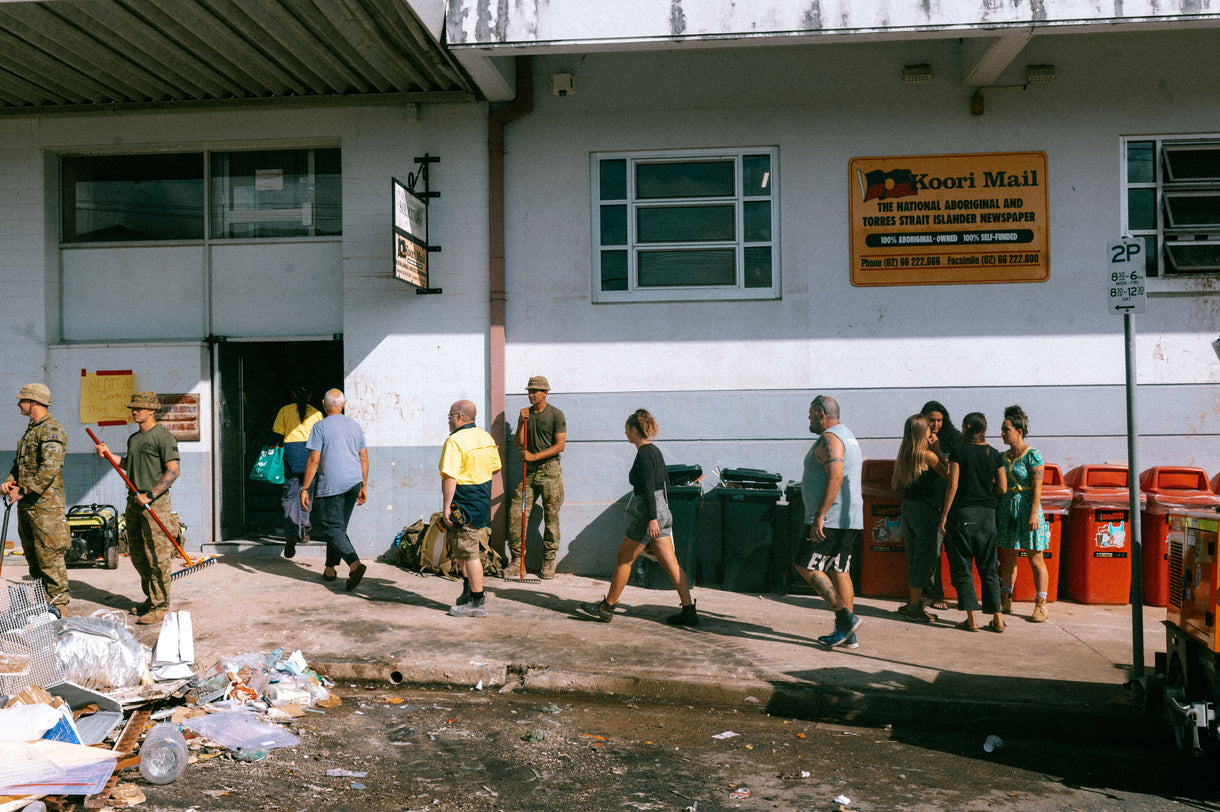

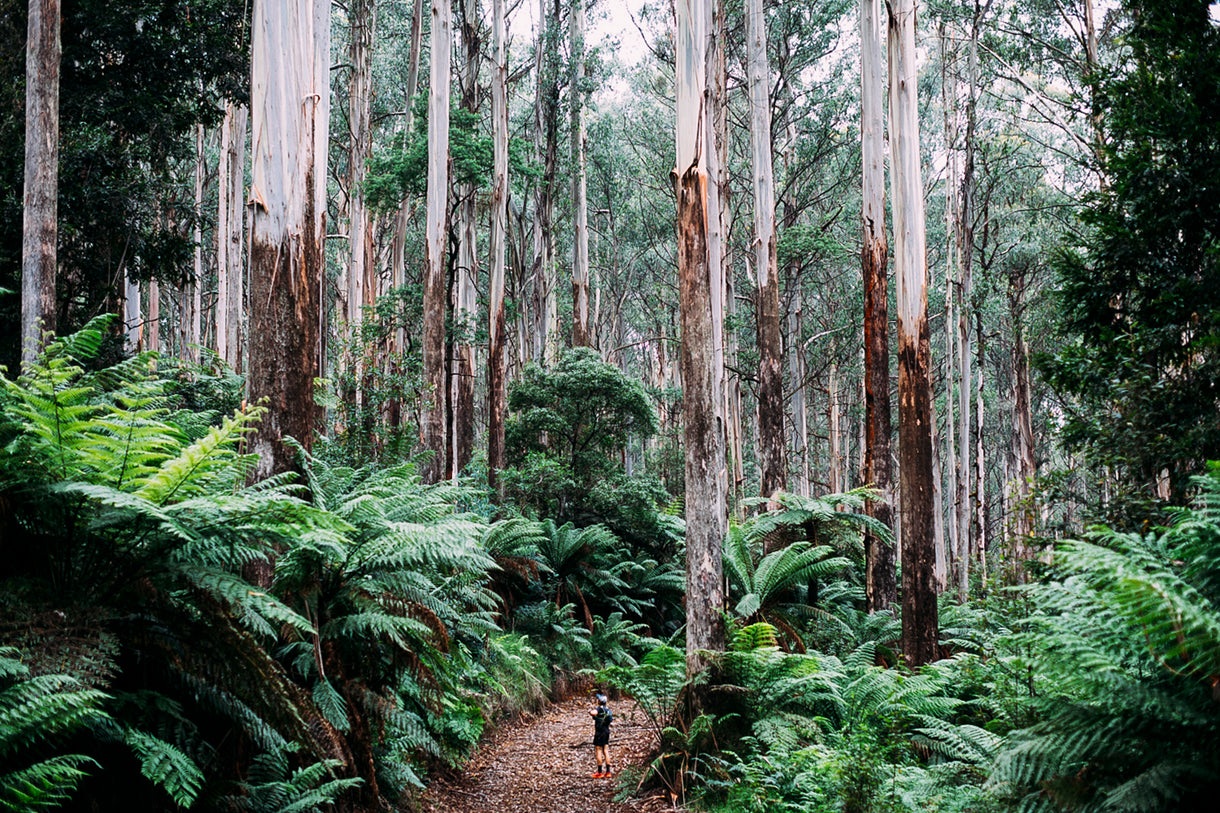
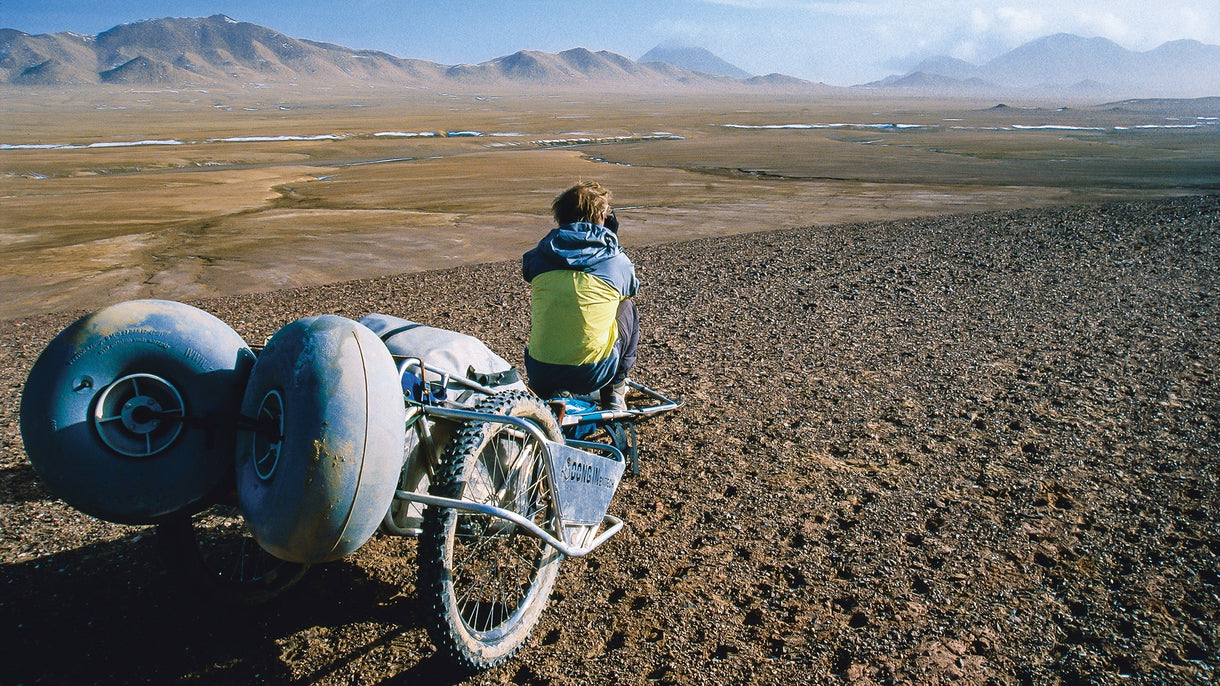
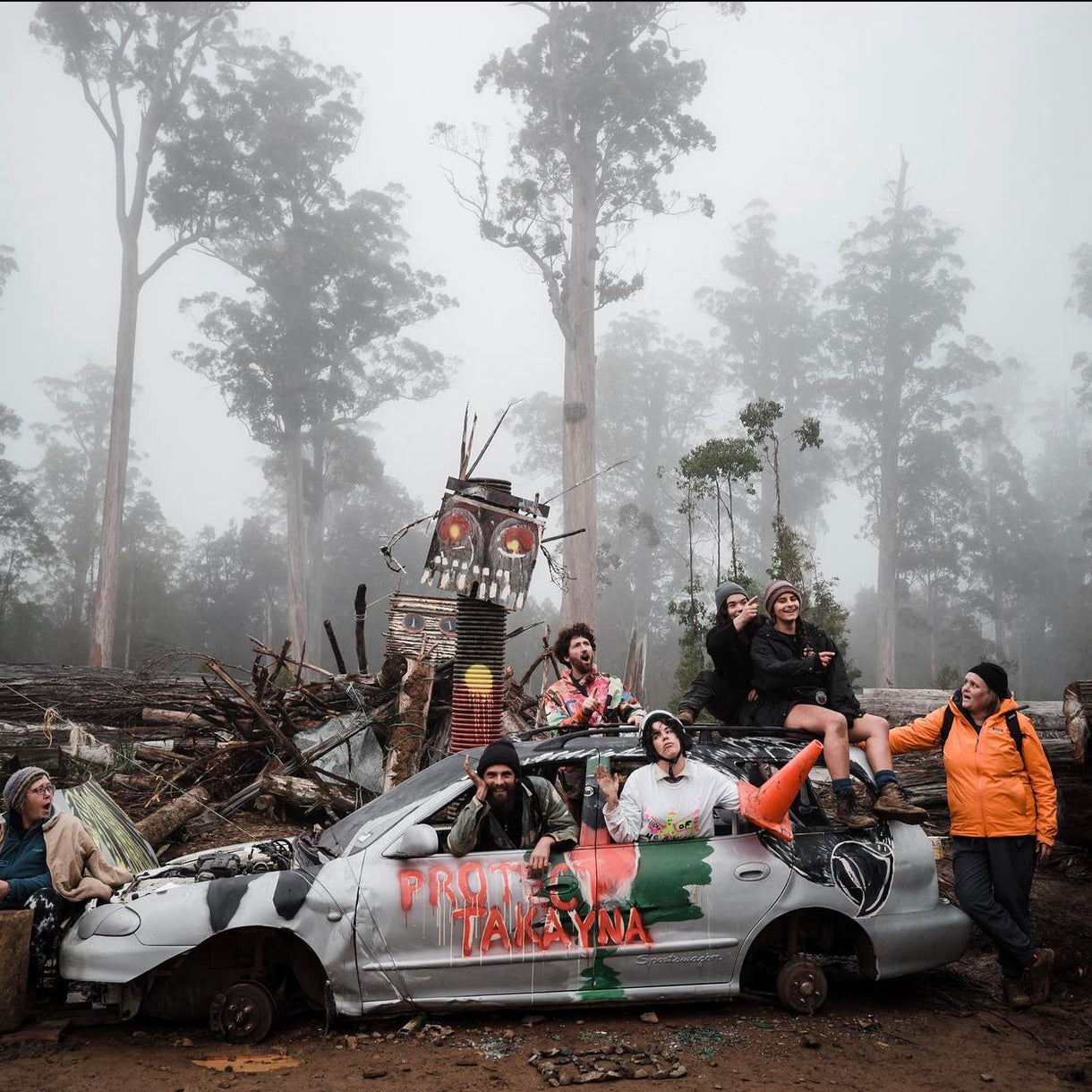
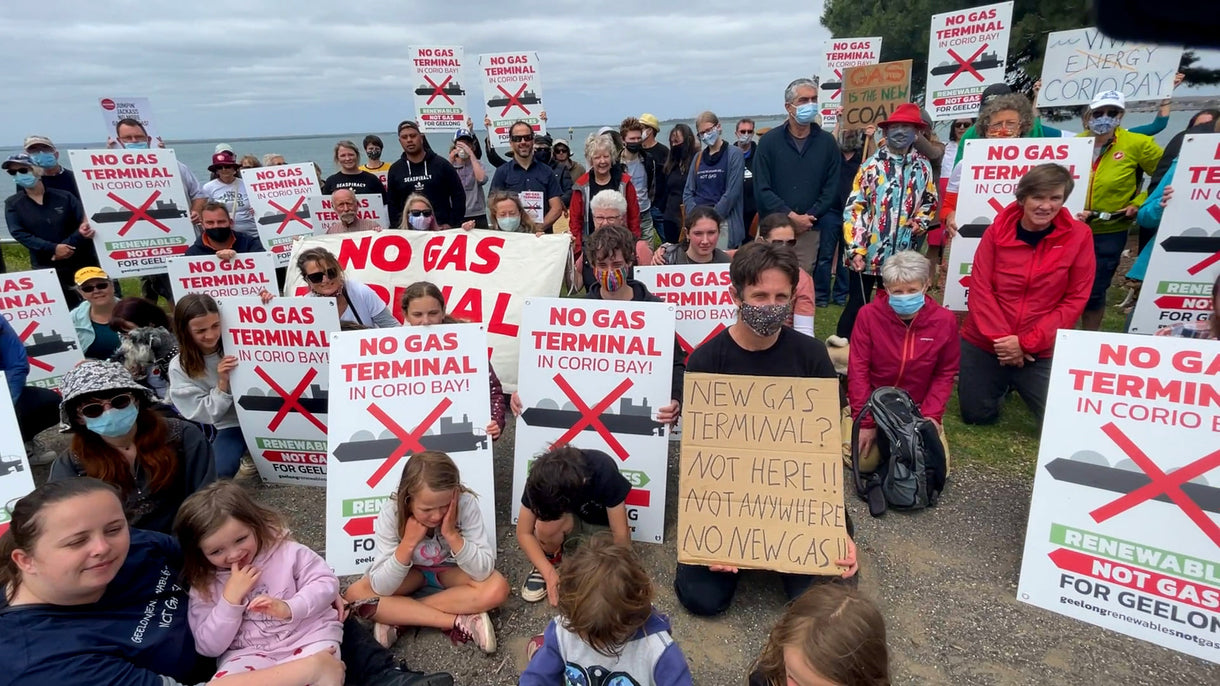
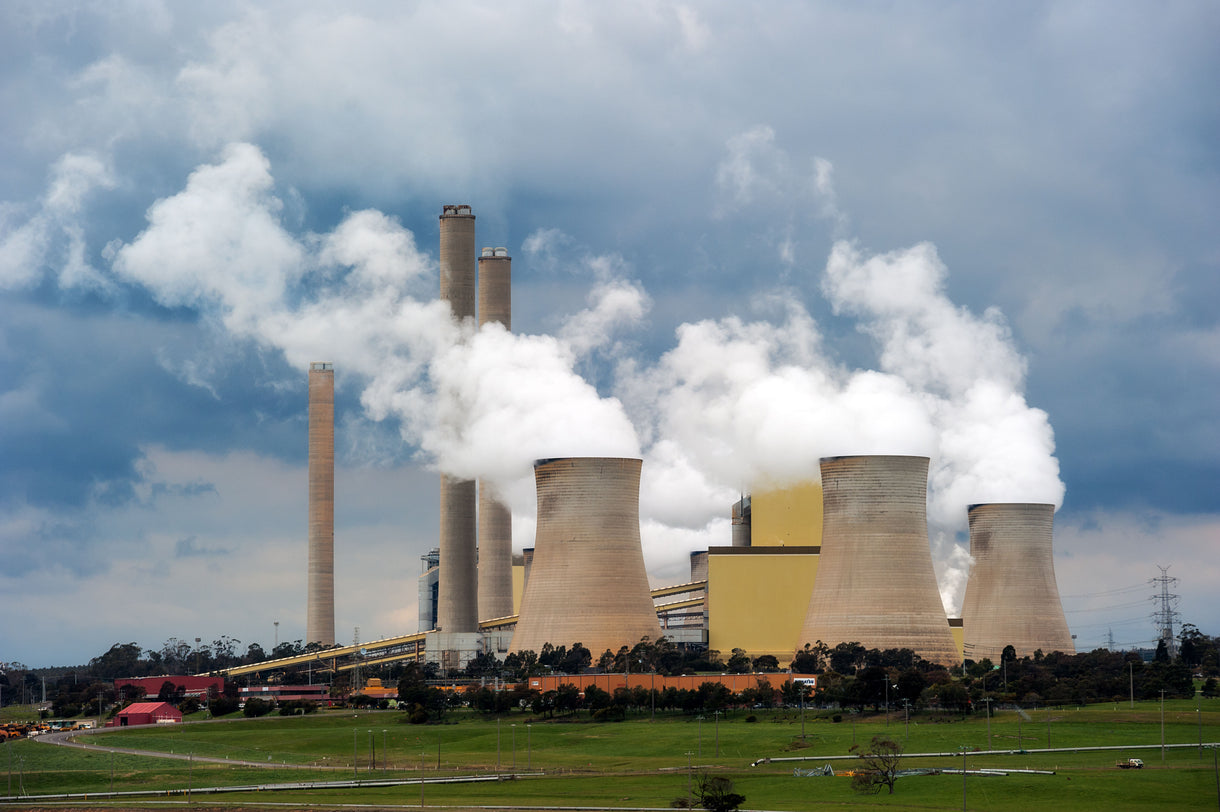
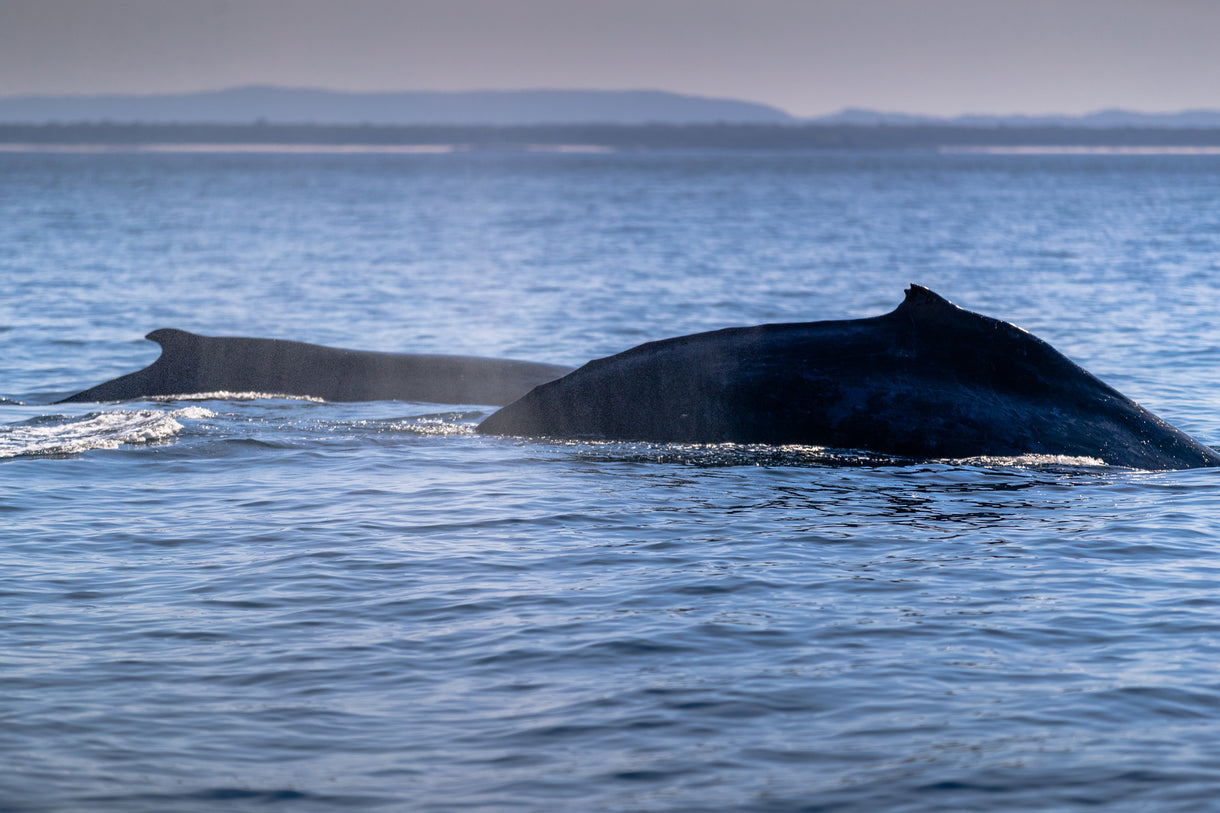
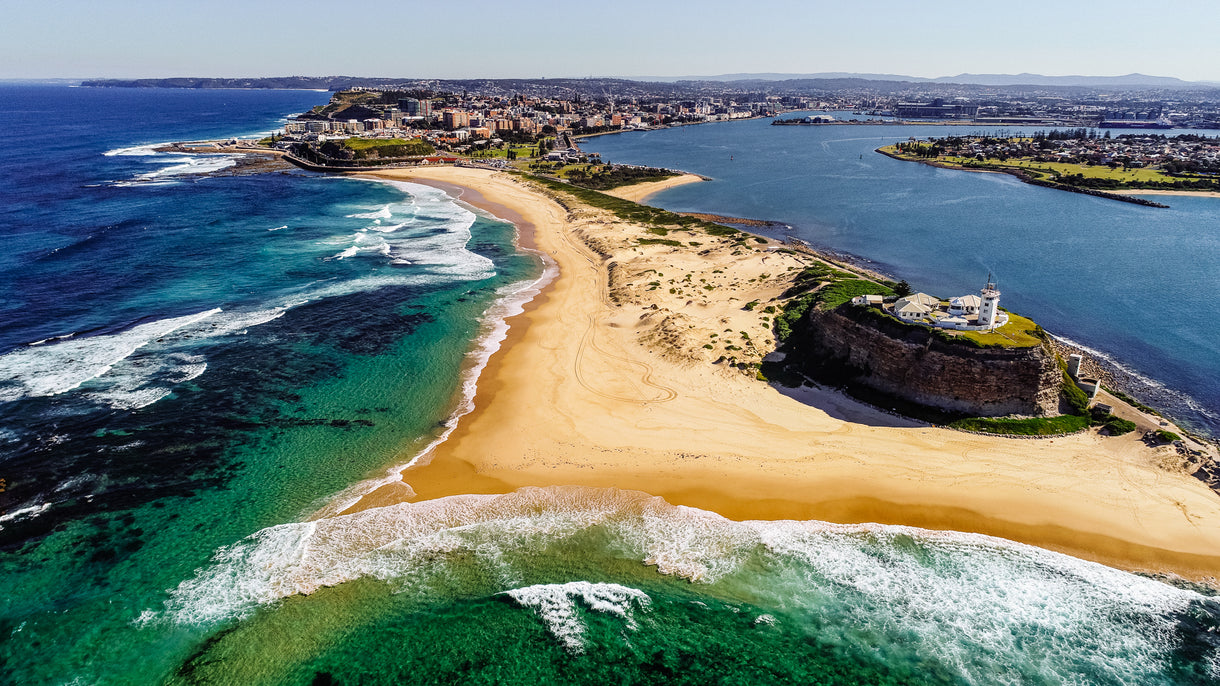
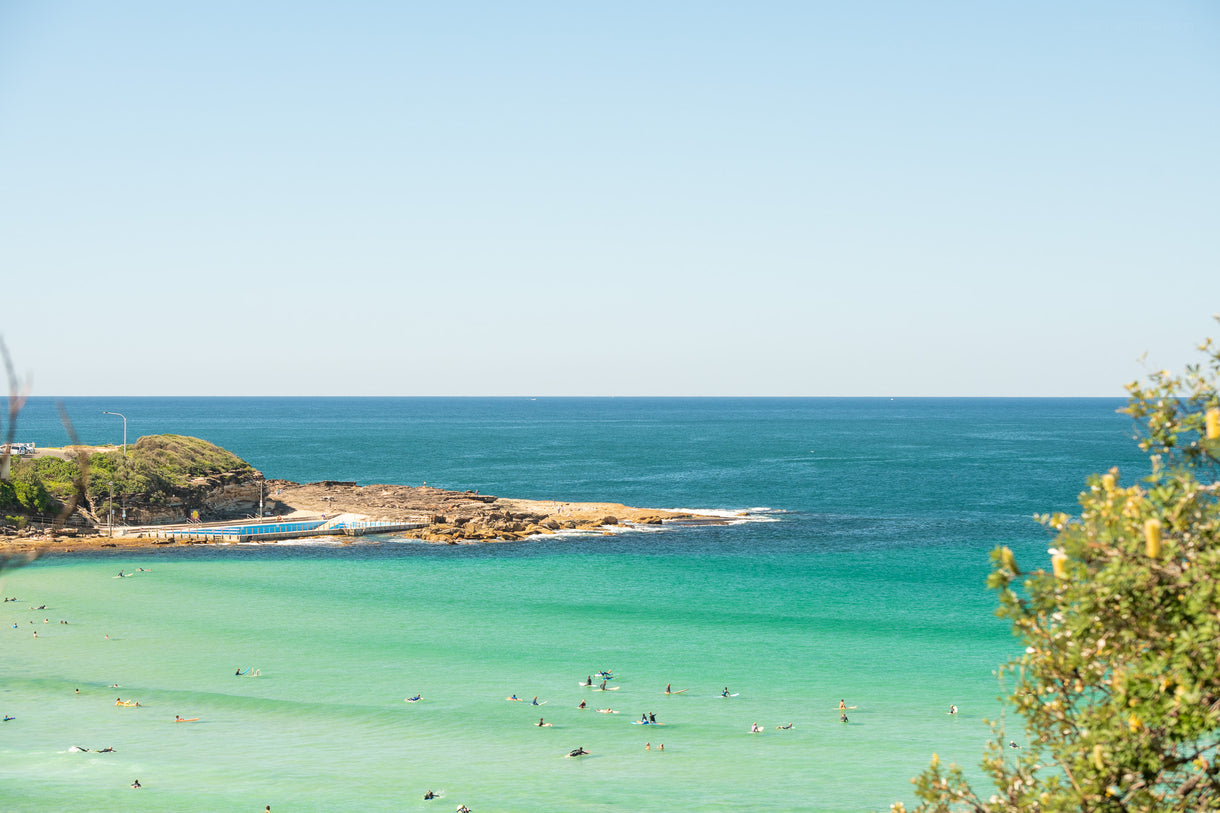
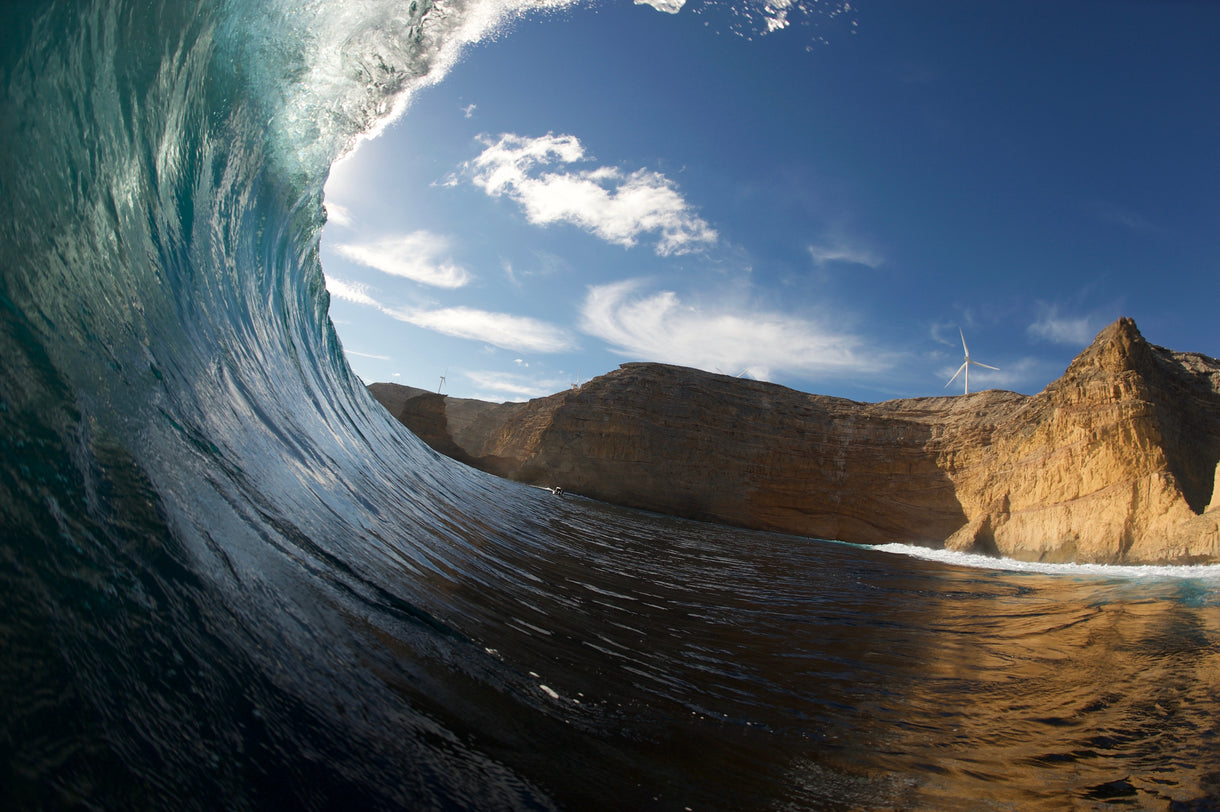
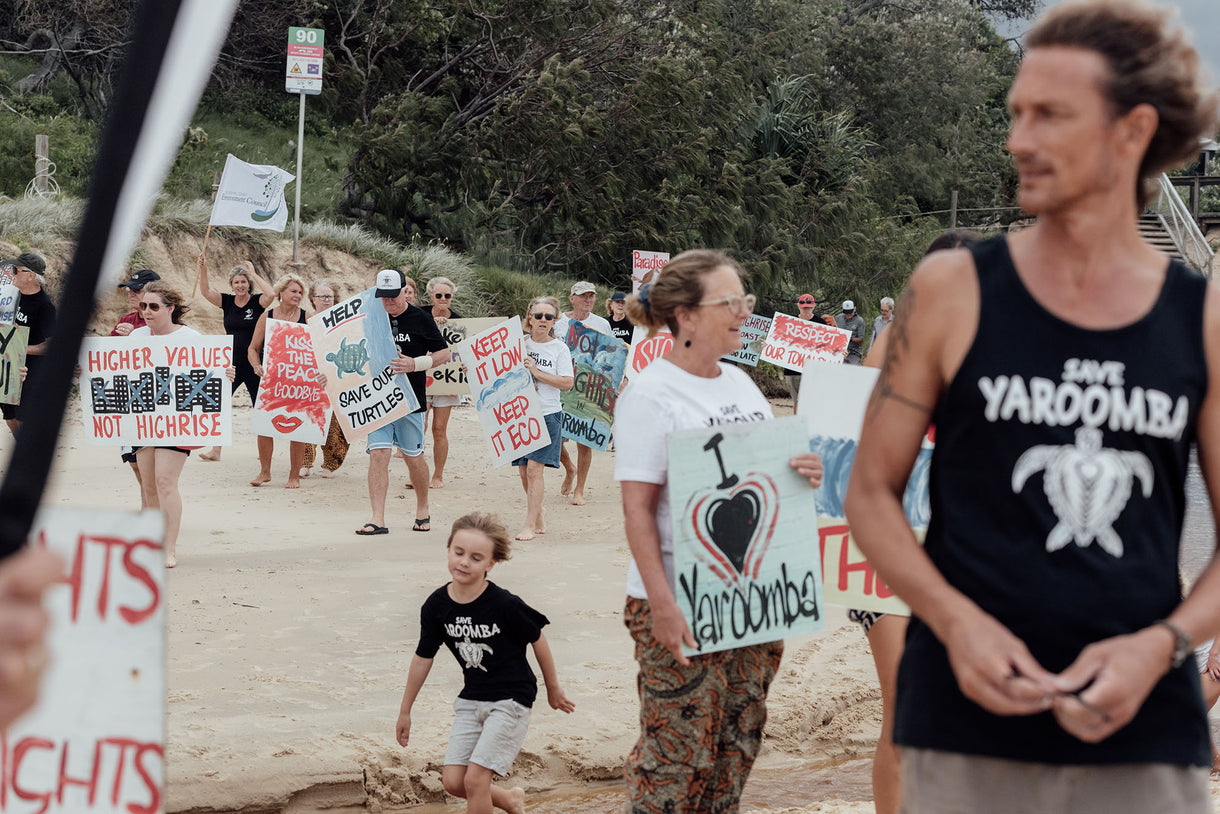
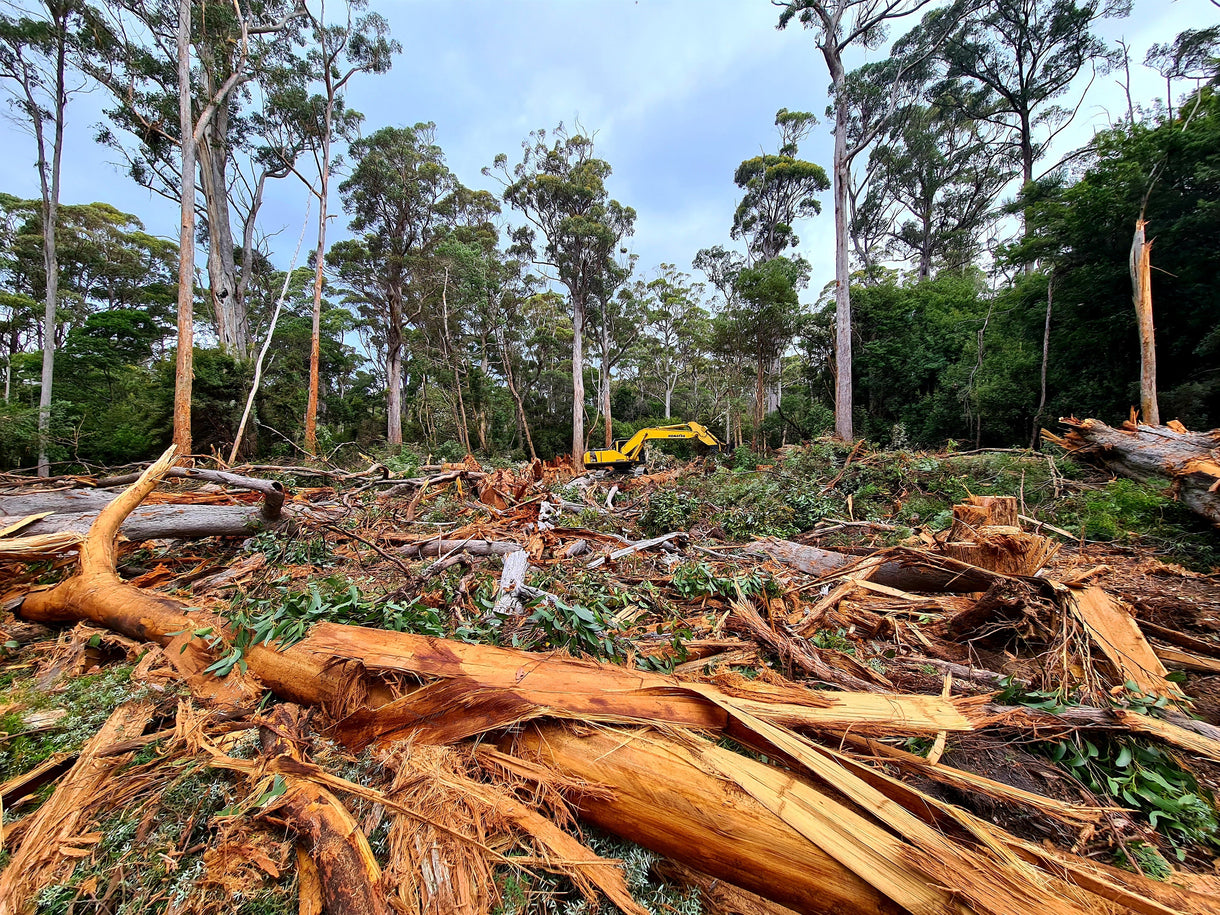
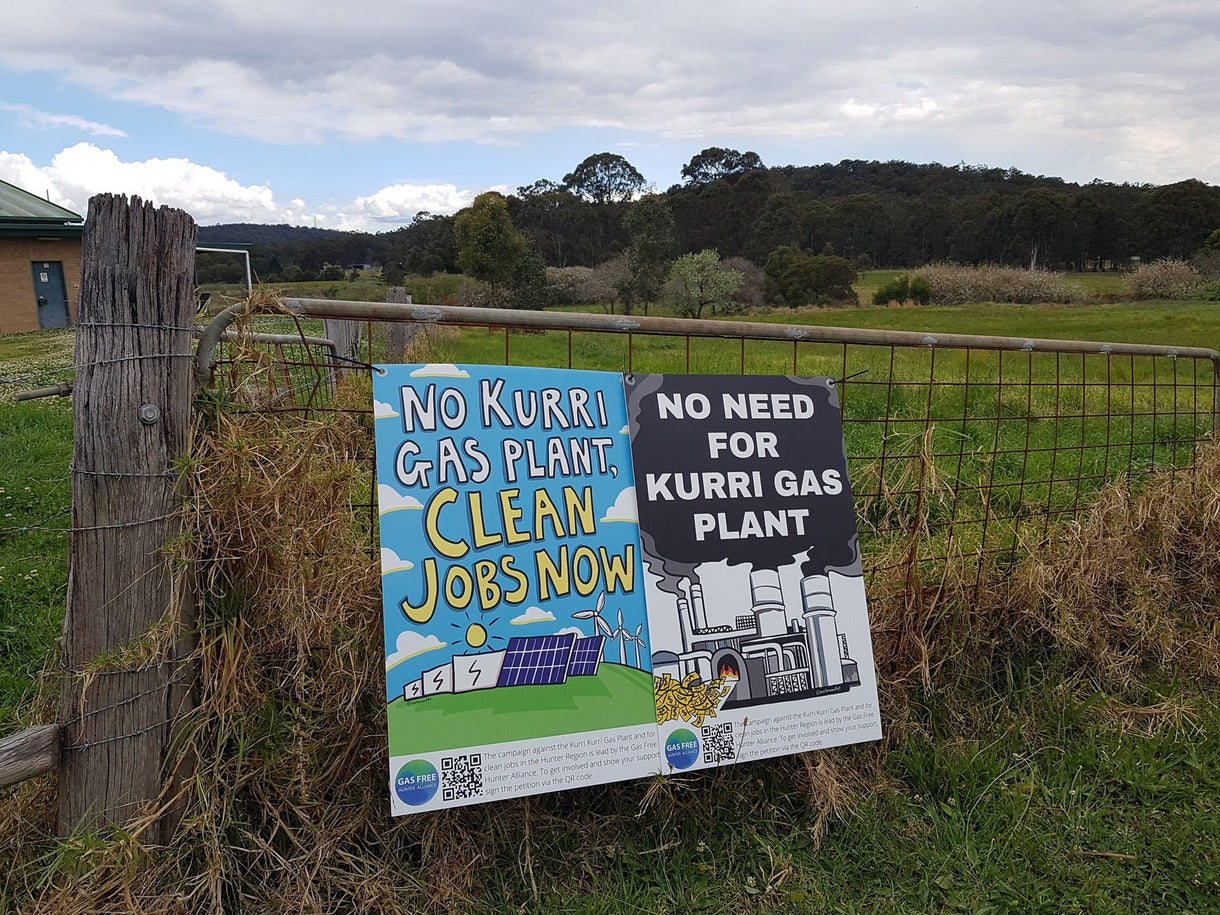
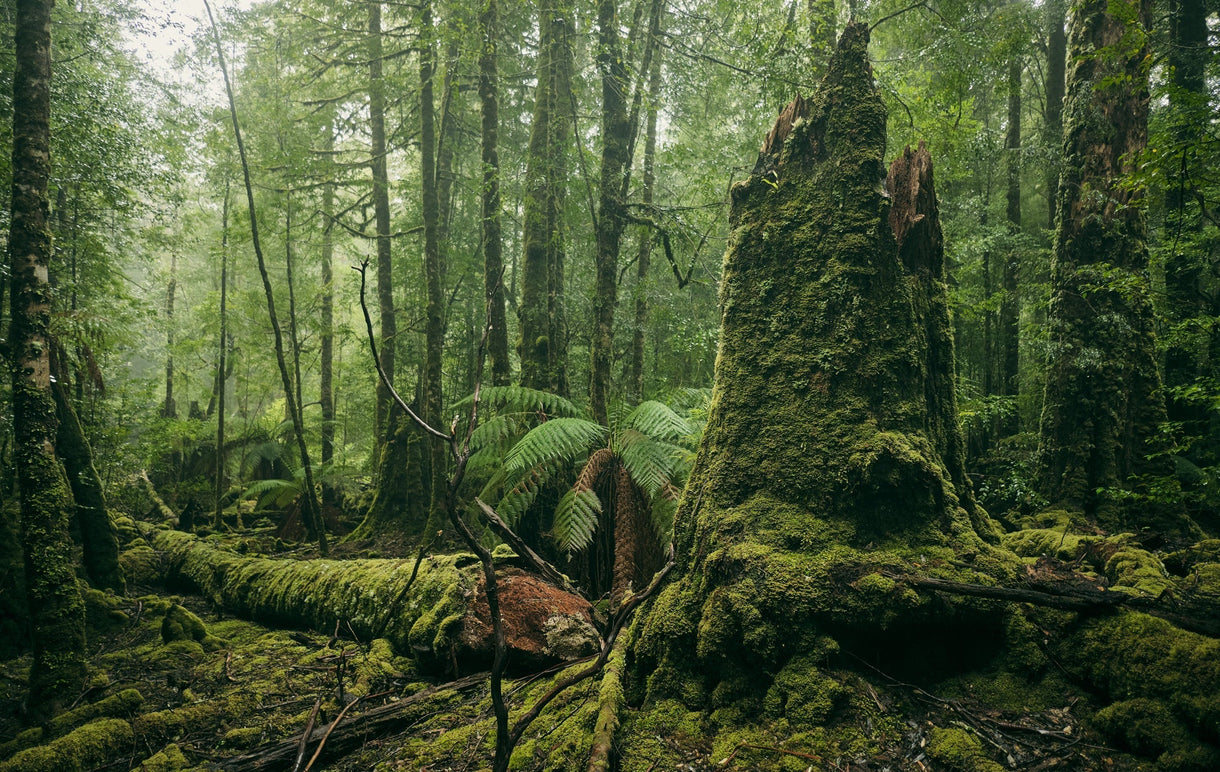
![Today was a huge victory for coastal communities between Sydney and Newcastle. [Front] Damien Cole, Belinda Baggs, Drew McPherson and Asha Niddrie. Photo Zoe Strapp](http://www.patagonia.com.au/cdn/shop/articles/strapp_z_AUS_000142_b147f38f-4f28-4e66-a3ea-89fccd422484_1220x.jpg?v=1650419749)
